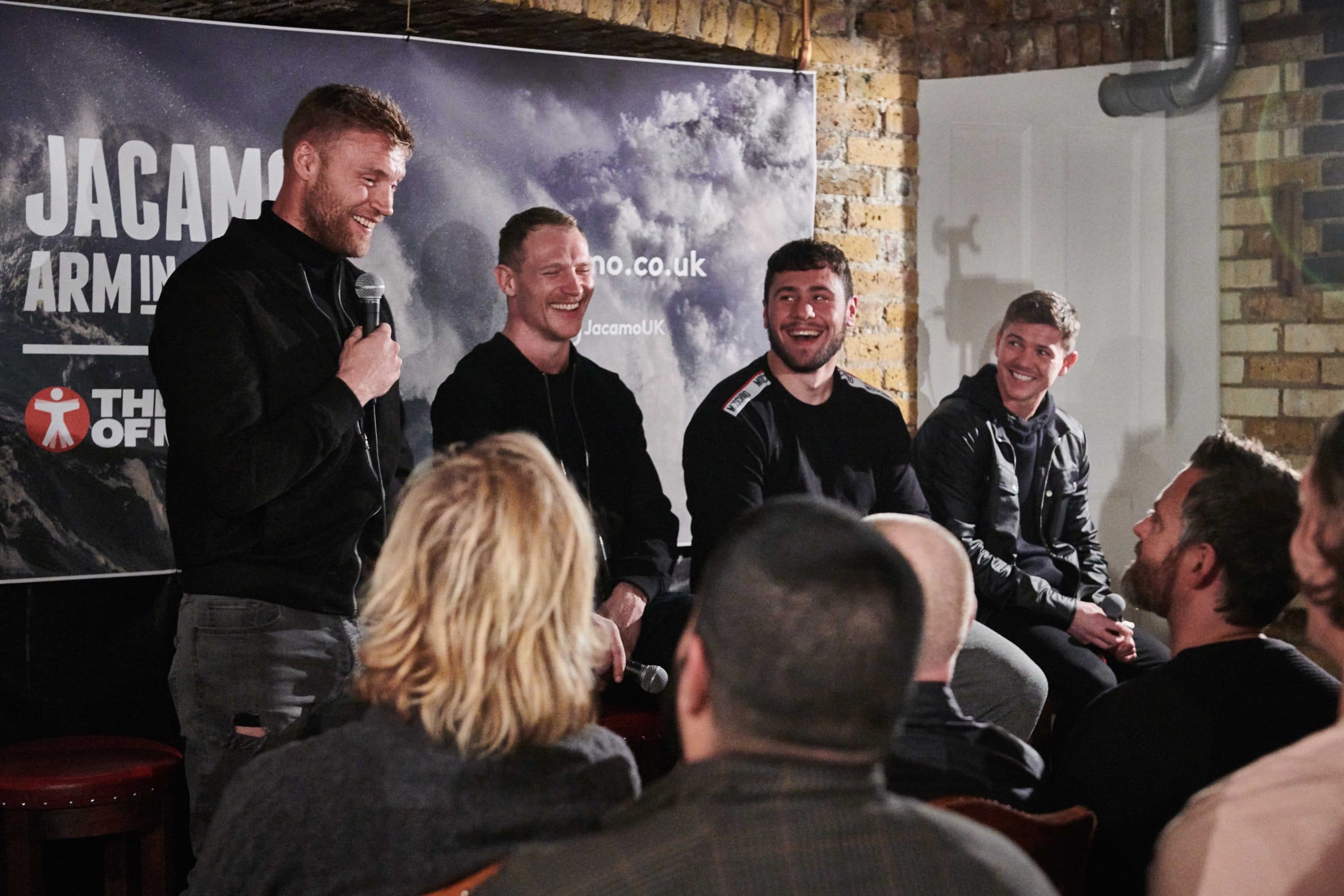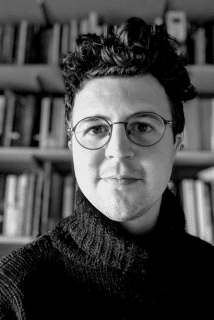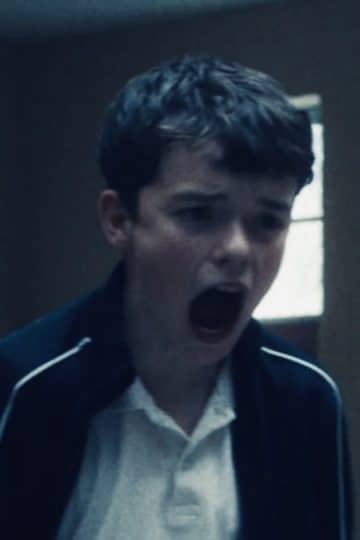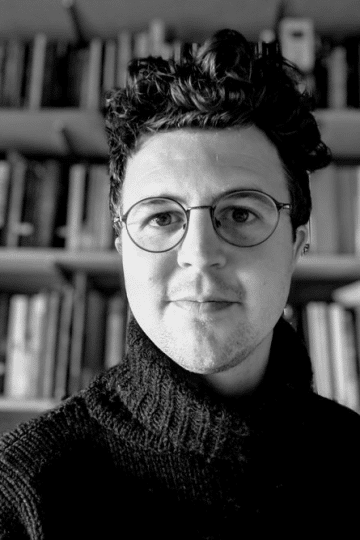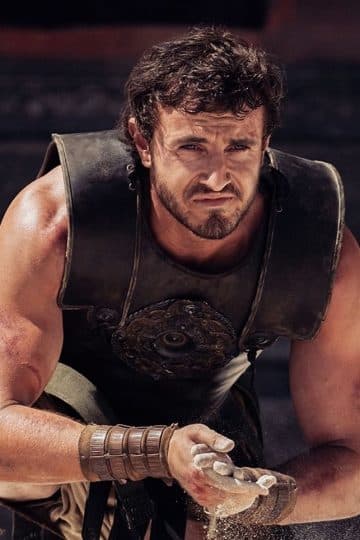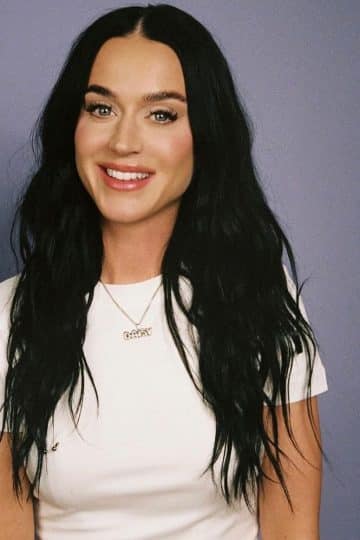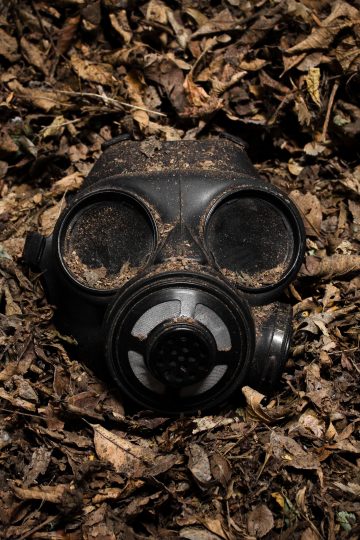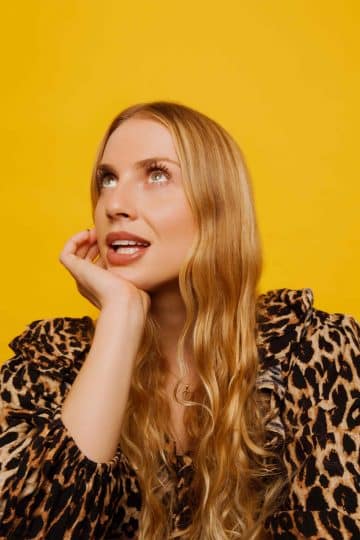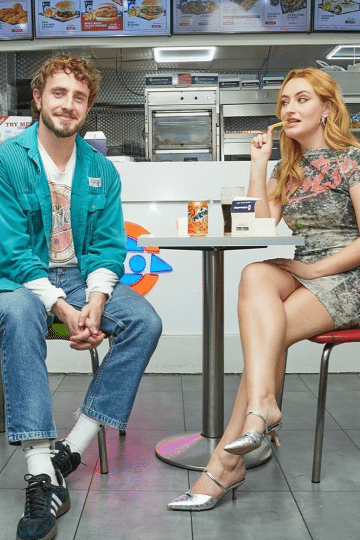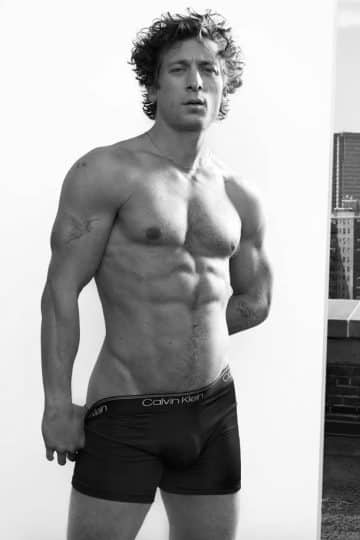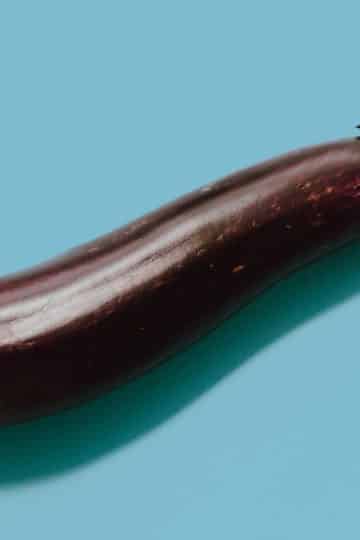The Book of Man at the Jacamo Arm-in-Arms
Masculinity
A full report of the panel talks we held with Freddie Flintoff, Luke Campbell, JJ Bola and more to discuss masculinity, body image and mental health.
What a day we had at the Jacamo Arm-in-Arms – we talked, we shared, we drank (a bit too much by the end, but yknow, some things aren’t meant to change). Yes The Book of Man was invited to put on a day of panel talks at a special rebranded pub in London which was created by the menswear retailer Jacamo as a place for people to drop the labels and discuss what it really means to be a man today.
With an amazing cast of experts from a wide variety of fields to help us, it turned into a truly transformative occasion with plenty of revelatory chat about what really goes on in men’s heads, how we can improve as people, and what the positive and negative aspects of masculinity.
The first panel of the day was titled ‘A New Age of Men?’ and featured men’s well-being expert Ben Bidwell AKA The Naked Professor, and poet and author JJ Bola. In a deep and wide-ranging discussion about the nature of masculinity, Ben identified a shift he made when he realised he was living a life defined by others, trying to be a certain type of man, which had left him with an emptiness inside; he then made an effort to learn to step away from that life and start to look inwards…
“From there you can learn to love yourself. We’re talking about self love here. If you can love yourself on the inside then you can start to connect with other people in a similar way, and life comes alive. That feeling is – and this is coming from someone who didn’t feel anything for 30 years – that feeling is the most powerful thing. That feeling is more powerful than the quick wins you can get, then buying the new things that feel good at the time, but don’t serve you at a deeper level.”
JJ meanwhile, told us about some of the background to his brilliant book ‘Mask Off: Masculinity Redefined’, and how his ‘dual culture’ growing up allowed him to see that certain male behaviours were performances and differentiated in different spaces:
“I grew up in a dual culture. My background is Congolese, and in that culture the men dress and act very flamboyantly – so growing up as a teenager, I had one side of my culture with men who expressed themselves creatively with things like dancing. and then on the other side I was young teenage black boy from inner city London, where you have to have your jeans on, your hood up, and can’t be soft. In my traditional culture men hold hands and kiss each other to say hello. You can’t imagine that in the other world! I got to a stage where I started to see the conflict within myself and within the different spaces – to be in one space where you’d act a certain way and that was normal to be a man, and then in another space ‘normal’ was another way. So how do you go beyond the contradictions of the performances and see who you are really, to yourself. That’s why I got into the idea of masculinity as a performance and what a man is supposed to do, what way is he supposed to be and how he is supposed to communicate. All of that ties into this imposed idea of masculinity.”
At the end of the talk JJ also performed a staggering poem called ‘Real Men’ which brought together all the themes we discussed in an unforgettably powerful way…
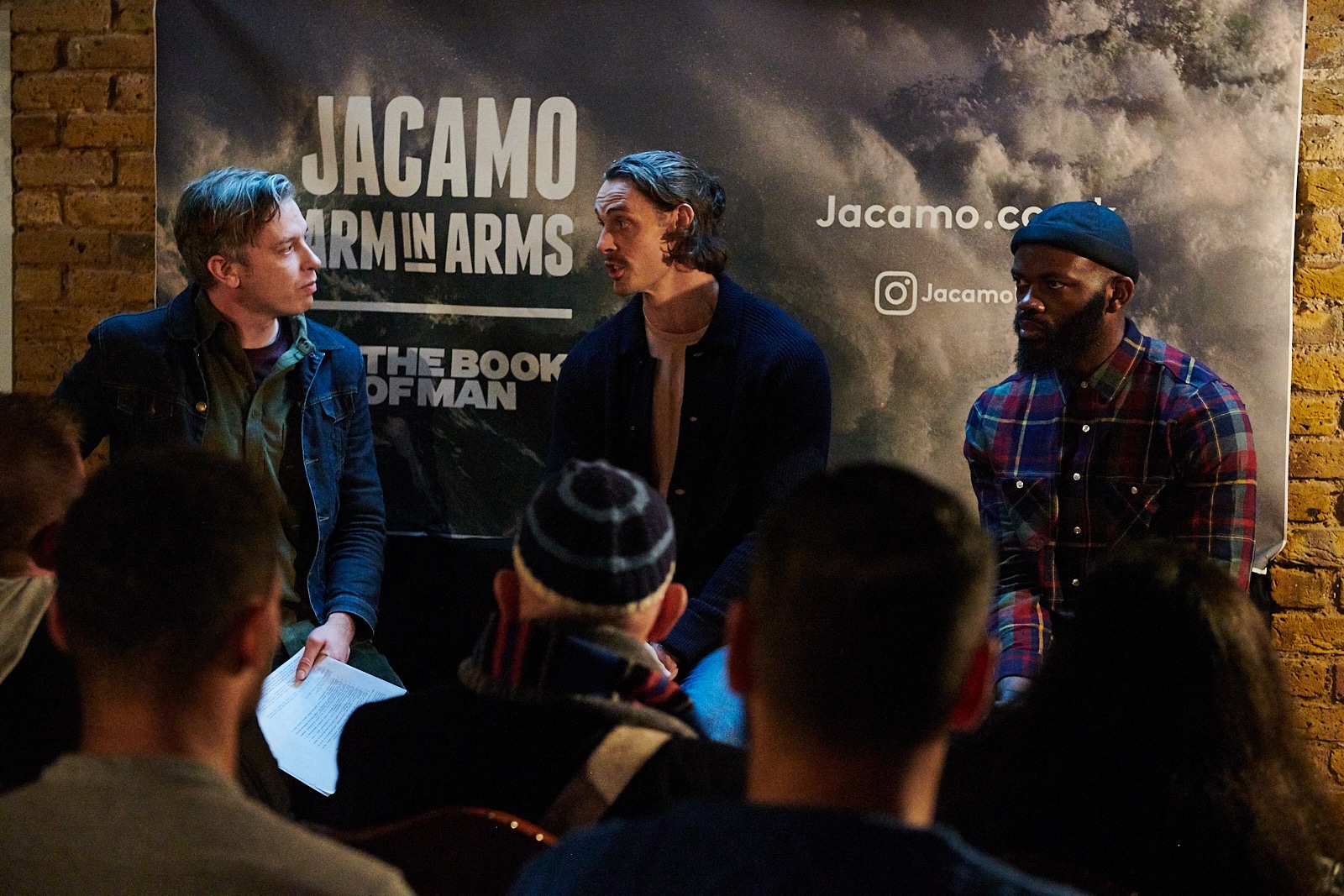
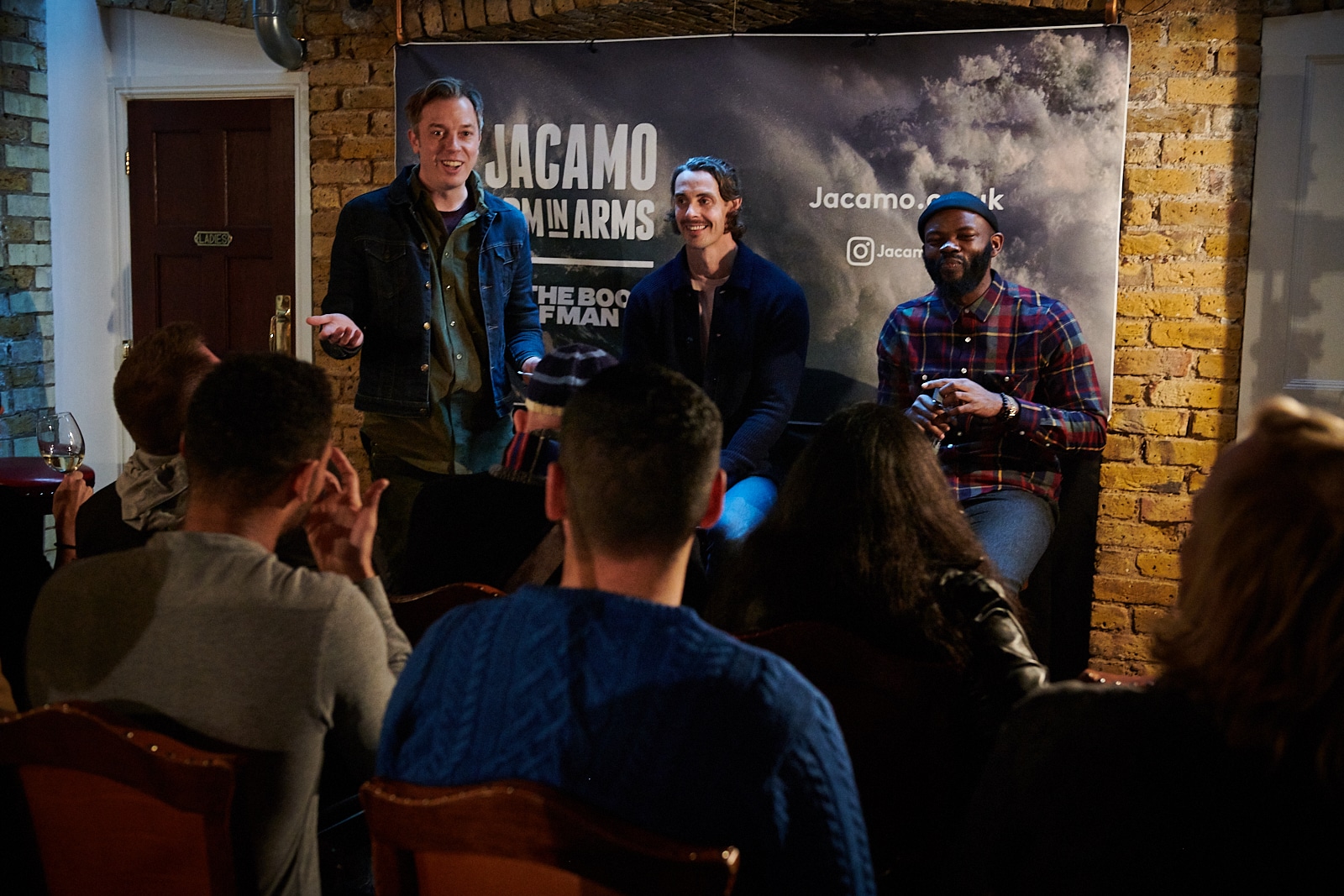
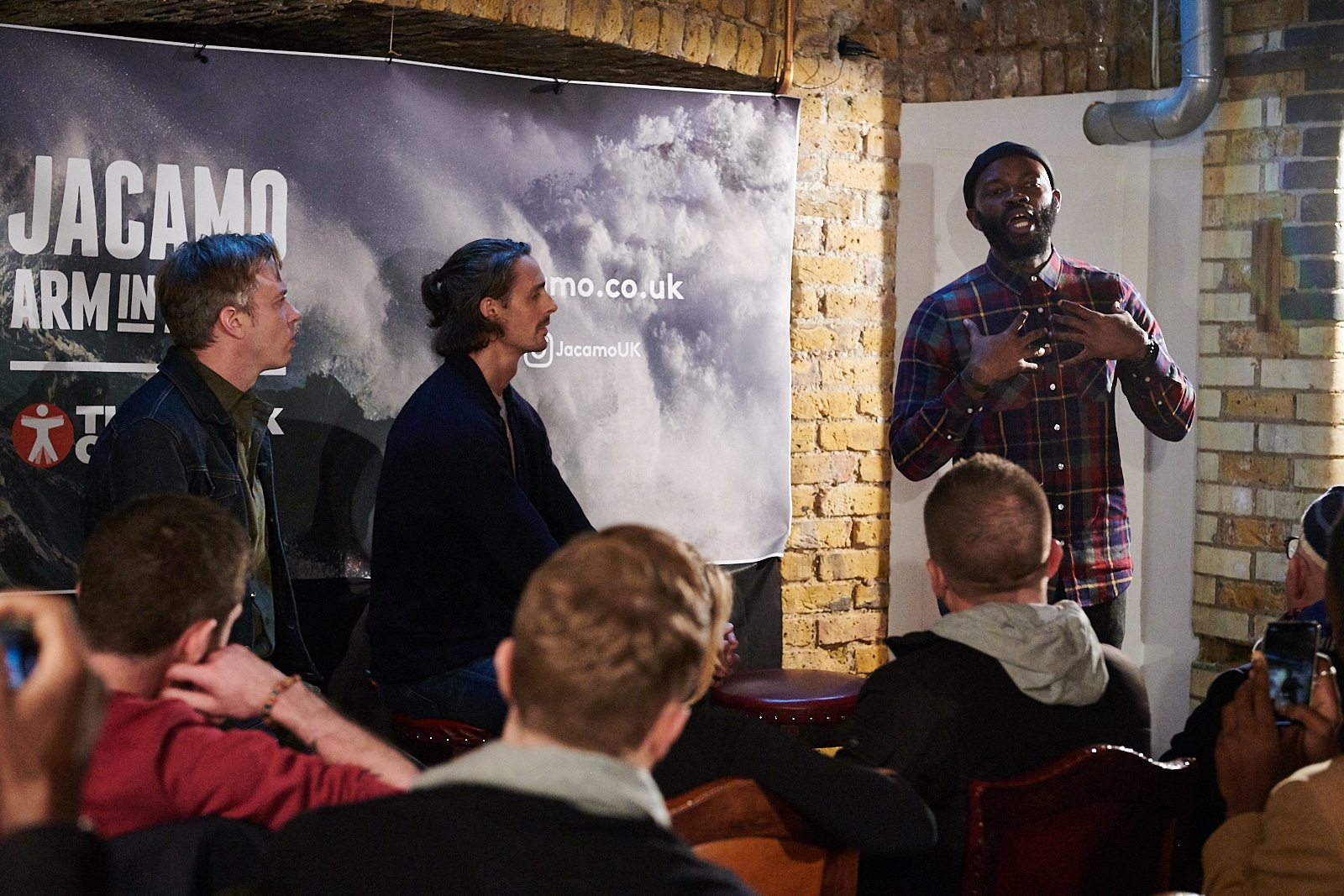
The second panel was title ‘Man in the Mirror’ and was about male body image. This panel featured artist and campaigner Scottee, male behaviour expert Dr Chris Morriss-Roberts and Love Island’s Chris Taylor.
Chris talked about some of the pressures of appearing on Love Island, particularly for him as someone who suffered from an anxiety condition, but that the support now given to contestants is pretty good – “I have two psychologists, and I have to say it’s been really good. A lot of people would look down on it but it’s been good for me.” He also talked about trying to get some perspective when it comes to the age of body beautifuls on Instagram:
“It’s not always the hench guys that girls like. Some girls don’t like it at all, and are into the skinny nerdy guys, like me. You have to come to terms with this and know your self-worth outside of this this Instagram revolution of outrageously hench people – who probably use steroids to get there.”
The panel also discussed media depictions of male bodies, with Scottee commenting:
“Fat is used a shorthand for being down in dumps, depressed, aggressive, something you can’t trust. I’m the before shot, something waiting to be healed, waiting to be transformed. I did a dance show called ‘Fat Blokes’ which was about the honesty of fatness and reclaiming the slur ‘fat bloke’ which is often thrown upon us. When I see my body depicted it’s as the lowest common denominator without sexual capital, so a lot of it was about looking at my body, reclaiming it from shame. And actually only straight men have a problem, women haven’t publicly abused me or kicked my head in. The gateway or public abuse is always my fatness and has always formed my identity of how I compare myself to the world, and the imagery i see endorses that abuse.”
Dr Chris also told us about some of his work which involved researching male body perceptions, particularly when it came to sportsmen in the locker room:
“Traditional ideas of masculinity when it comes to the body is all about size and muscles and the beef. There was no way around it, it’s ingrained in our heads that bigger is better. But the truth is you can’t force your body to be a certain size or shape if its not meant to be like that. Thats a message which is important for well being, and which doesn’t get talked about enough – that for a lot of people you’re never going to be that size, that big. It can play games in your head that your body is important and defines you. It’s taken me 25, 30 years to accept my body as it is.”
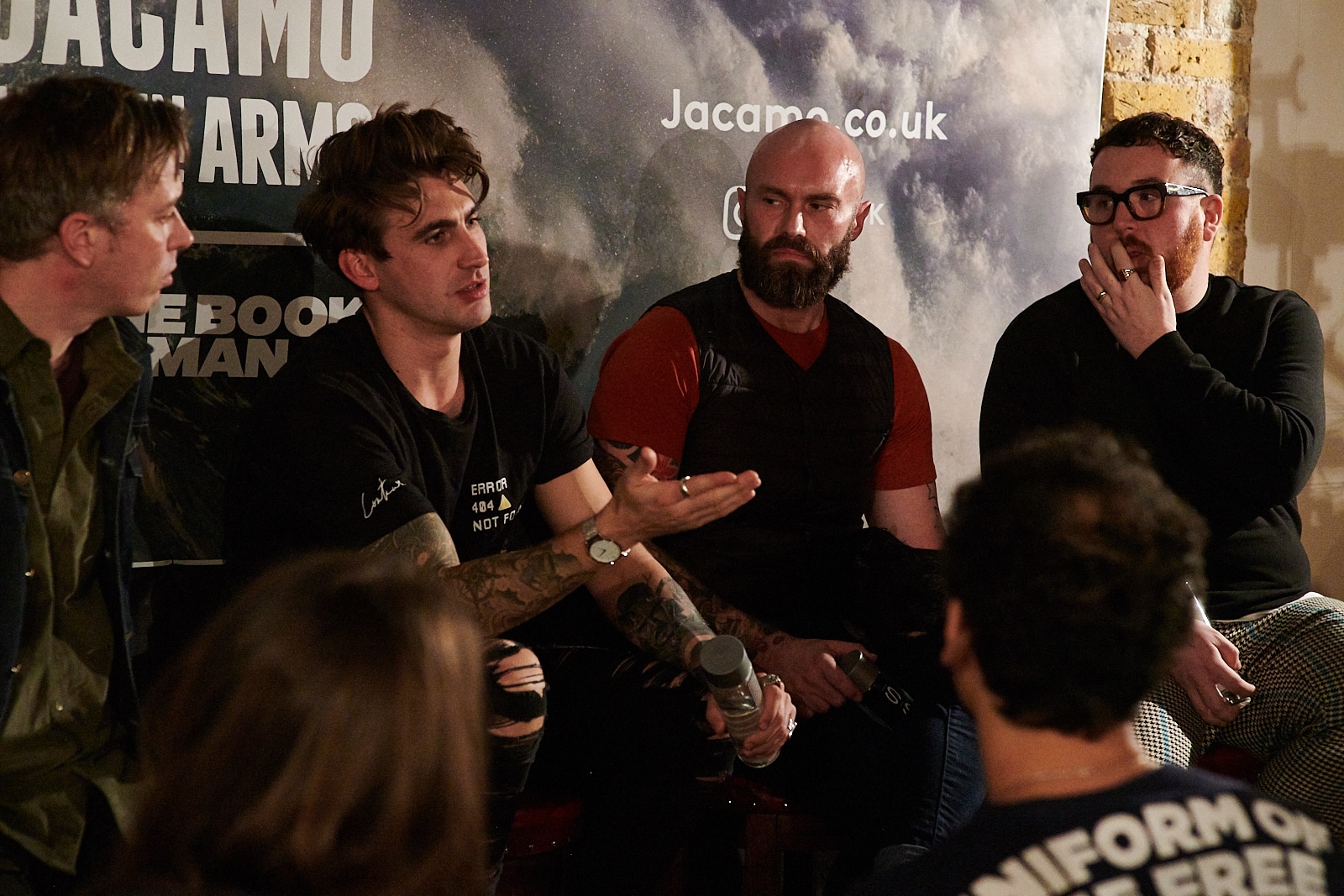
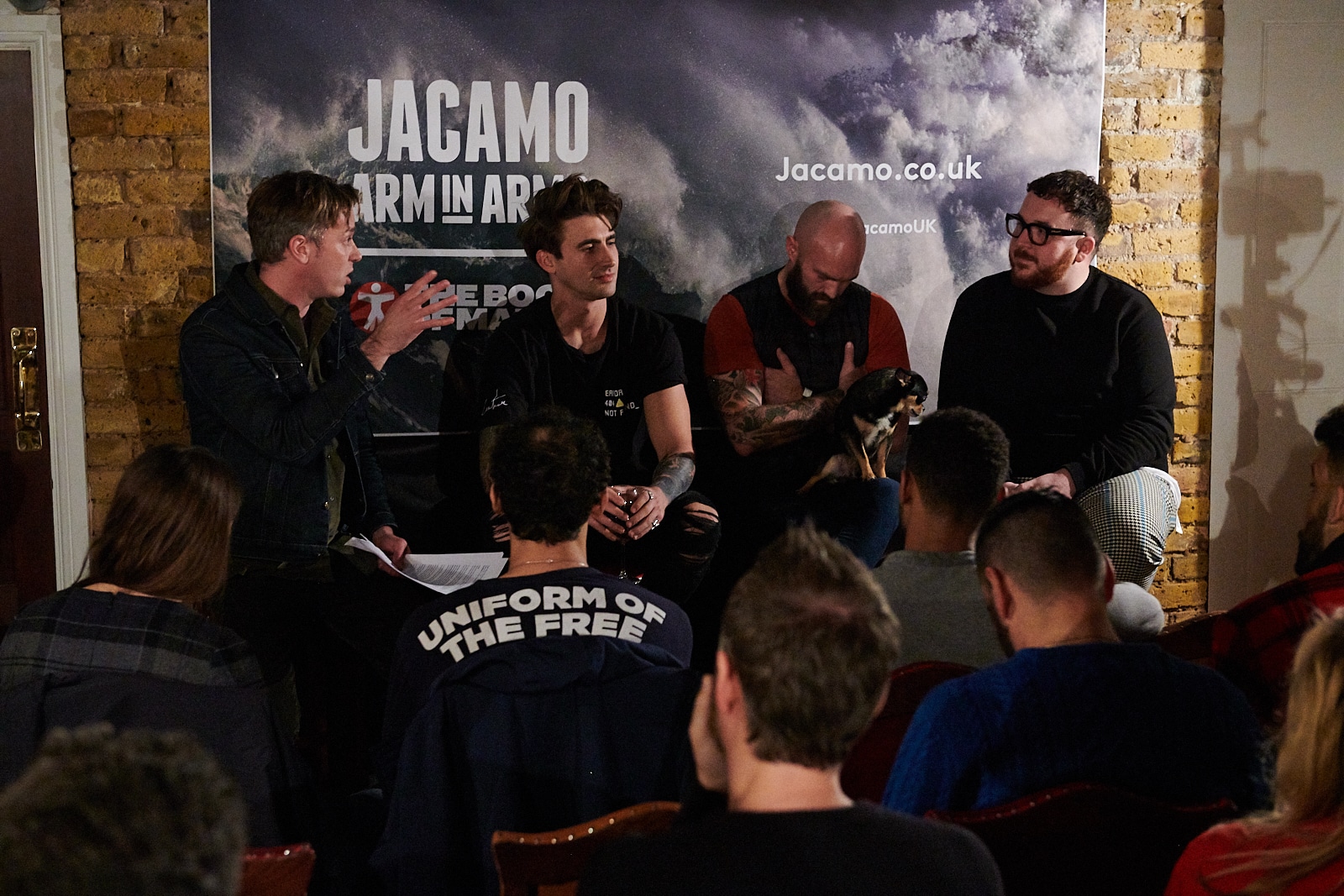
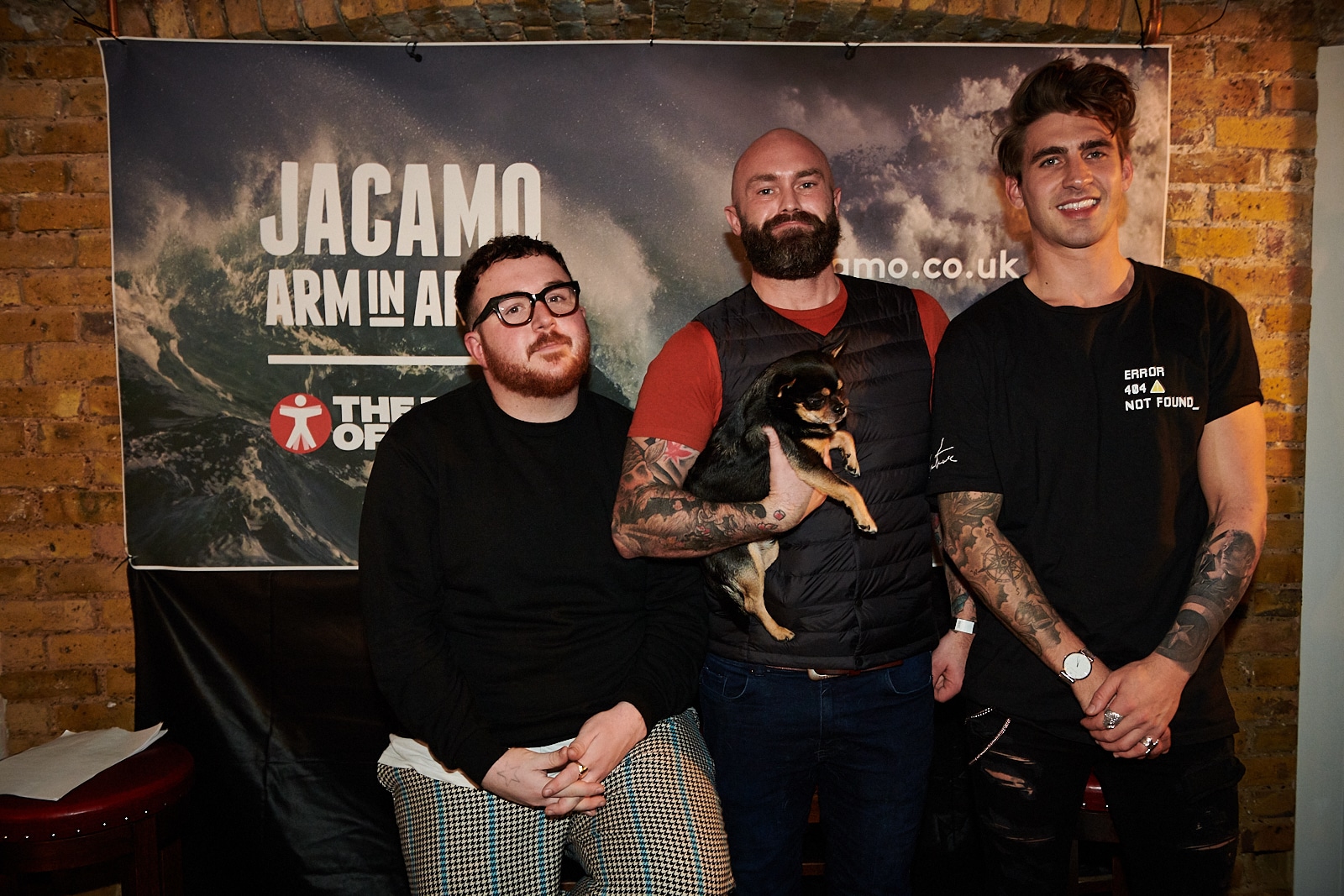
The final panel was called ‘Big Boys Don’t Cry’ and featured boxers Luke Campbell MBE and Dave Allen, along with Wasps rugby player Kearnan Myall, who together discussed the tough guy image and mental health in sport.
Luke talked about the need for careful mental health management in his profession:
“I’ve been boxing for 19 years and in the amateurs it was easier. As a professional boxer you’re suddenly in the public eye. You’re at a press conference where everyone’s got an opinion, and your opponent is telling you he’s going to beat you, and in your mind you can go, “Oh he’s going to beat me,” and all of a sudden your brain starts thinking ahead of itself and you’ve got a lot more on than what you’re used to. I do use a psychologist now because I’m interested in the way the brain works and how you can start identifying negative thoughts and how you deal with it and stay mentally strong. If you are feeling negative why is that? Are you tired? Are you hungry? When you’re in training you’re always tired, you’re trying to make the weight so you’re hungry, so there’s lots of negative thoughts flooding into your brain every day. You’ve got to be able to handle it. That negative thought doesn’t define you. It’s just a thought. It’s not you.
Kearnan, who is taking a break from rugby to study a PhD at Oxford about mental health, talked about the problem he had with depression at the height of his career…
“I played 14 years professionally and in the first 8 or 9 years my career went from strength to strength. Then something in my personal life went wrong and I became incredibly depressed. Now being in this tough hyper masculine environment of rugby, anything like that was seen as a weakness. When you’re in a highly competitive environment you don’t want people to know, not your teammates or your coaches because they decide whether you’re going to play or not. You don’t want them to know your thoughts. As an athlete you get taught you are exceptional and mentally tough and can push through pain, but I was clinically depressed and in a really bad place and I didn’t think I could open up and speak about it. It actually became very dangerous and I ended up being suicidal…the truth is I went off the rails and failed a drug test for cocaine. As a result I had to see a psychiatrist who diagnosed me with depression. I didn’t believe him but I went off to research it myself, and began to acknowledge it and admit that I had a problem. From that point on things began to get better.”
Dave Allen was on typically hilarious and honest form, giving his thoughts on where some of his mental health troubles come from, and also the best place to cry…
“The main issues with me are from my upbringing. As I got older I realised my upbringing was a massive issue and only now that I’ve face it and faced up to my dad – who was a pretty scary figure – that I feel things are a bit better. My dad’s a funny one. I do share everything on Twitter and some of it I want him to see. And he will call me up, but when he does he says ‘what’s wrong, fat lad…’ But I appreciate that – we have a weird relationship…
With crying, I know when I want to cry – you know when your face does that ugly thing – and what I do is I go in the shower. I put the shower on and I put my face in it, and then you don’t know if you’re crying or if it’s the shower! I know I’m crying but am I really crying?”
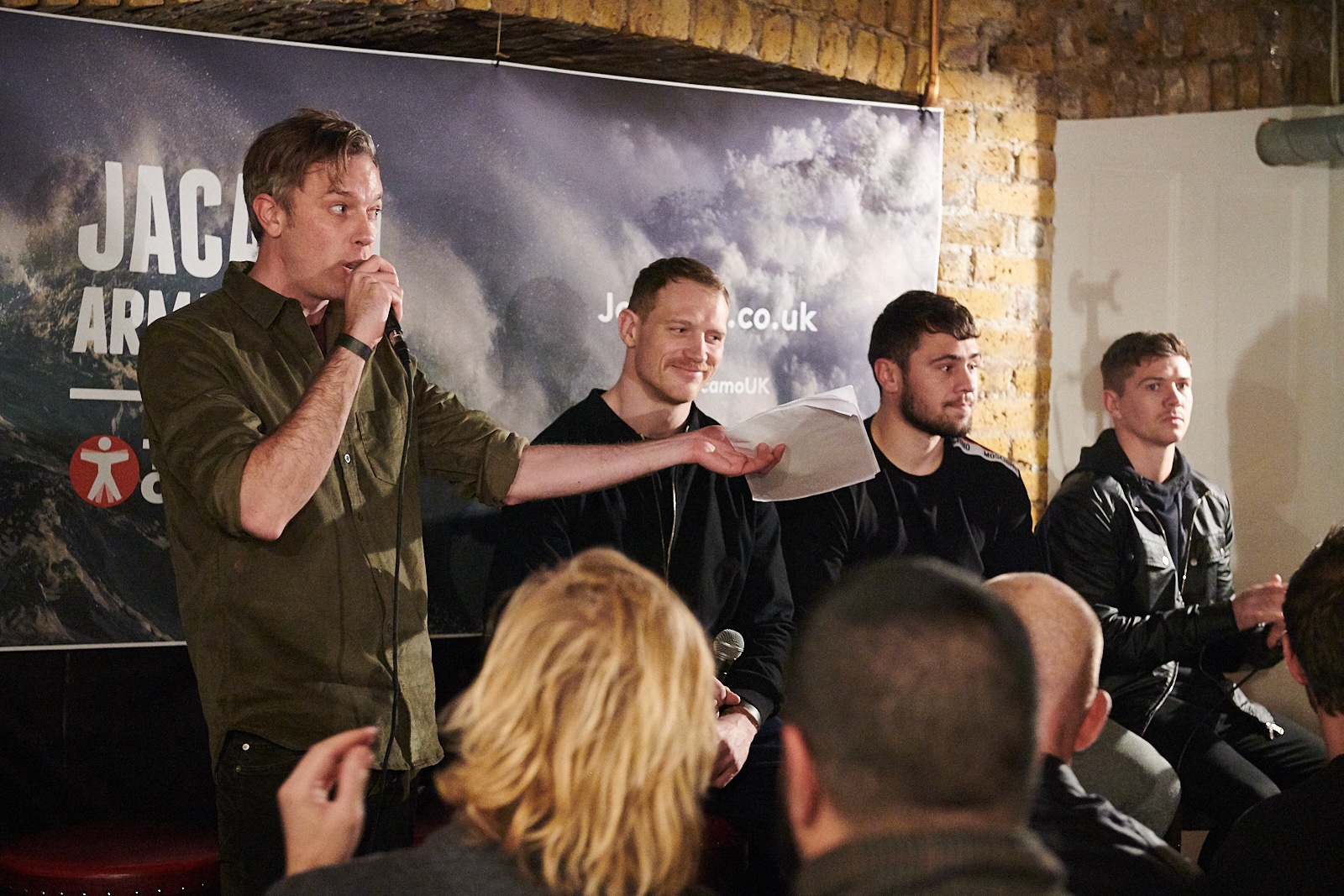
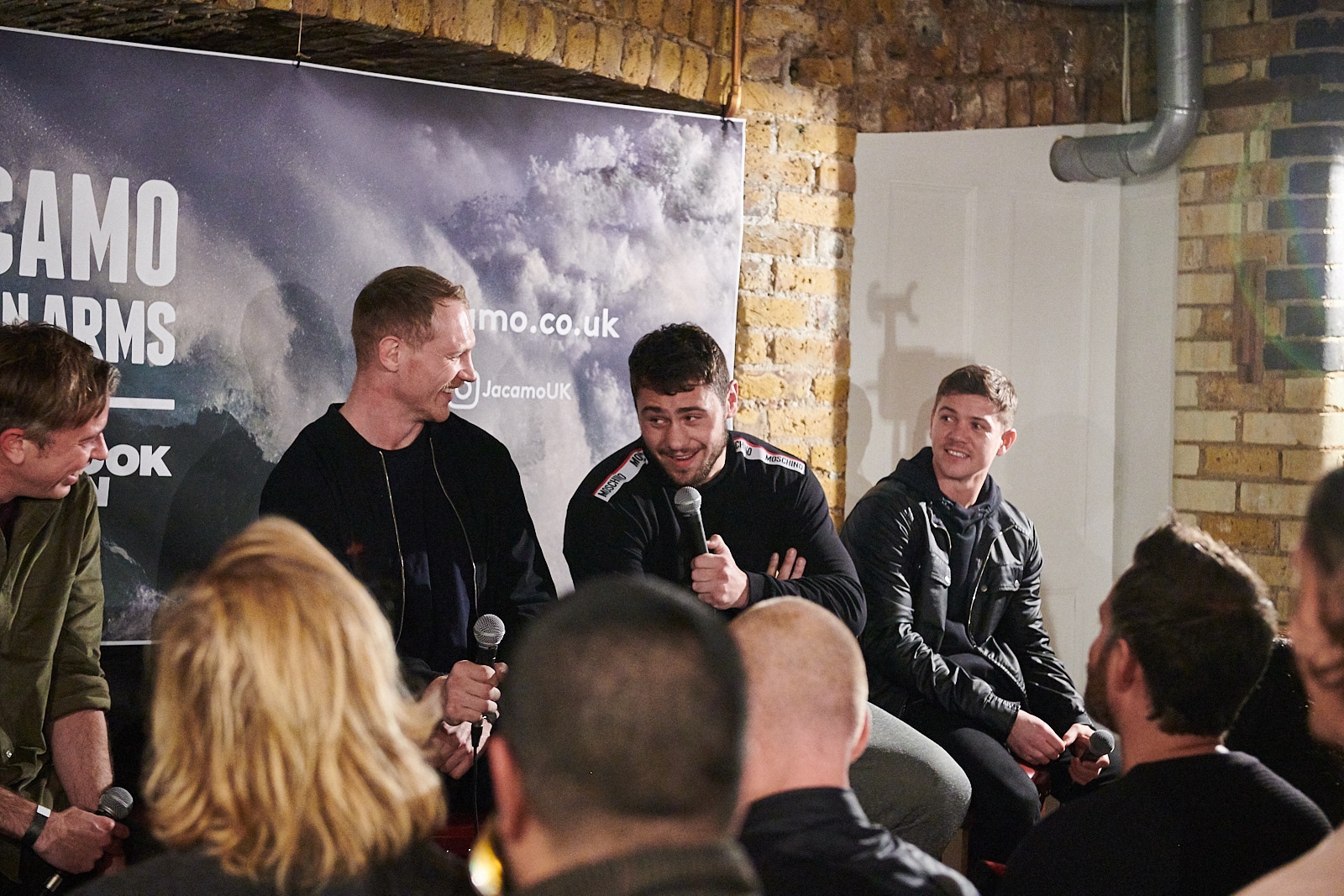
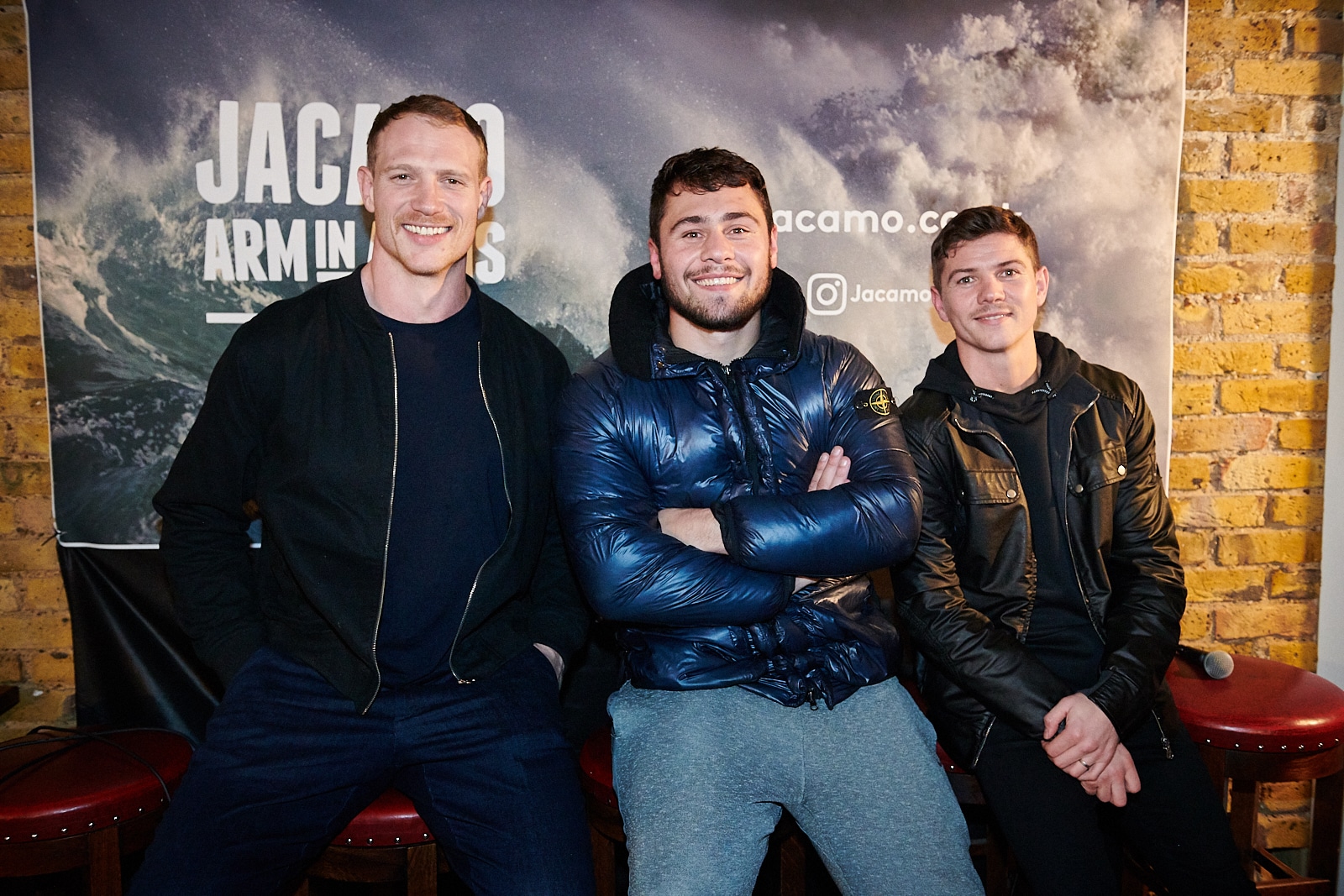
The evening finished with a flourish as Jacamo ambassador Freddie Flintoff stood up to deliver some closing thoughts in brilliant fashion. He commented:
“Every time on a cricket field, I walked out there as if I owned the joint – but at no point did I ever feel like that. When I was playing, I thought the idea of telling someone about that would’ve been weakness. My view on mental strength is very different these days – it is the ability to talk, to tell people how you feel, and probably more importantly to tell the people around you. The relationships I have with my friends now are very different.
A lot of mental health chat is about stuff you don’t understand, but when you listen to [these panellists] it normalises it. People can understand it. These lads are setting the standard for other people.
if you take nothing else from this, just think about how you talk to people. Think about your relationship with your family, with your friends. What do you talk about. Do you know your mates really? Do you know what they’re going through? And if not, why not try and find out…”
What a way to end the day.
Thanks to all the guests and to Jacamo for having us. And huge thanks to everyone in the audience who turned up for the day. Here’s some more pics from the event…(all photos by Emilie Bailey)
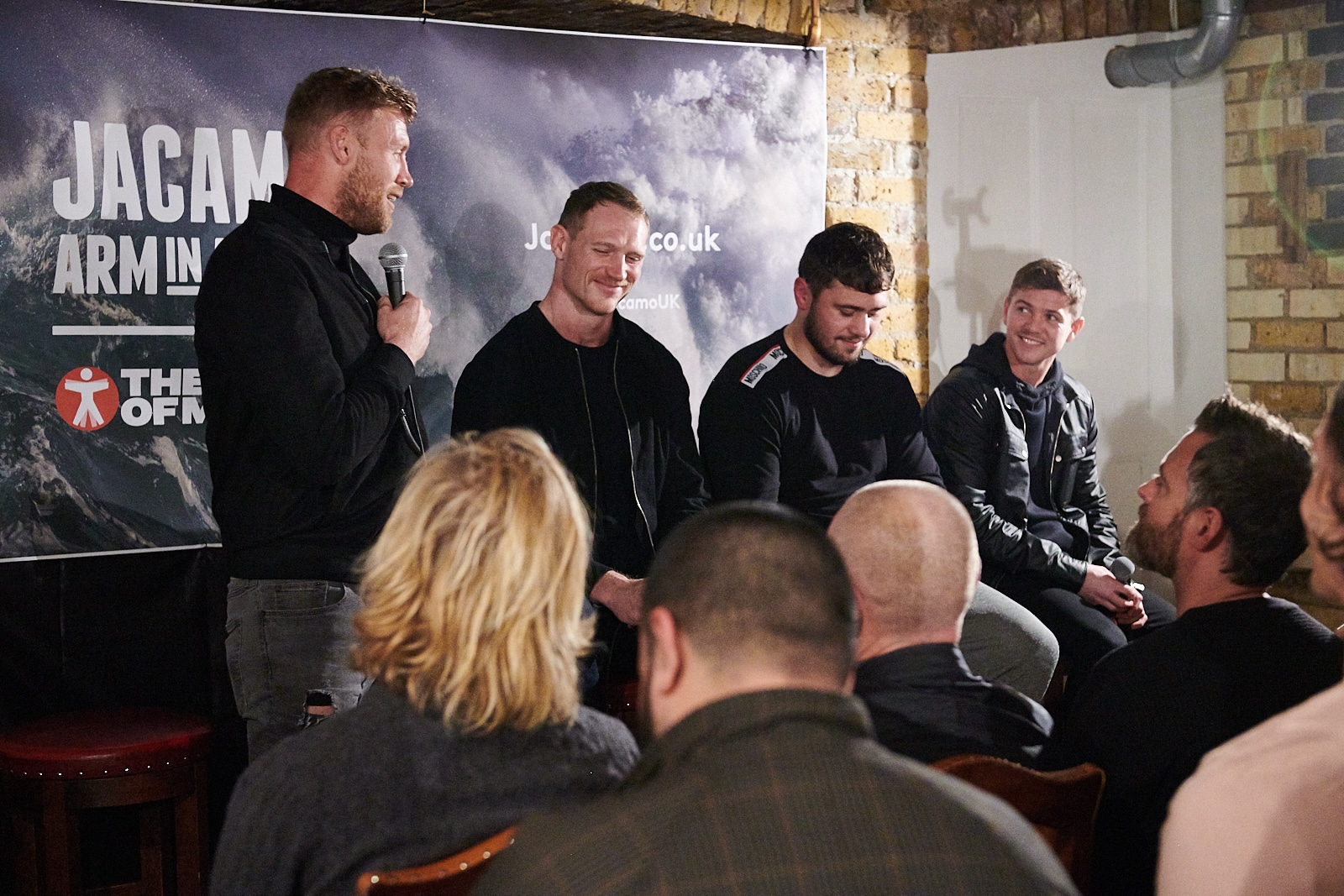
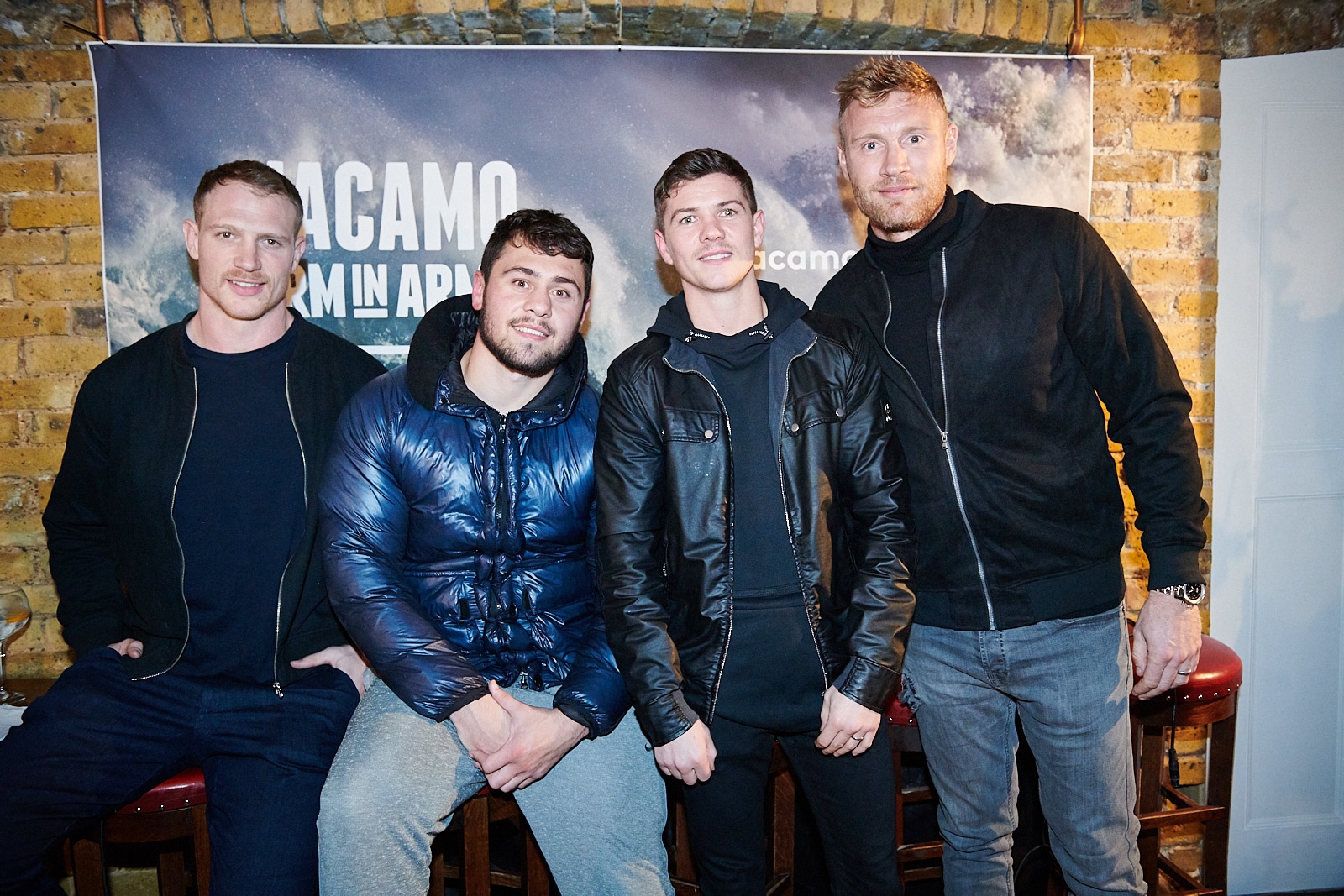
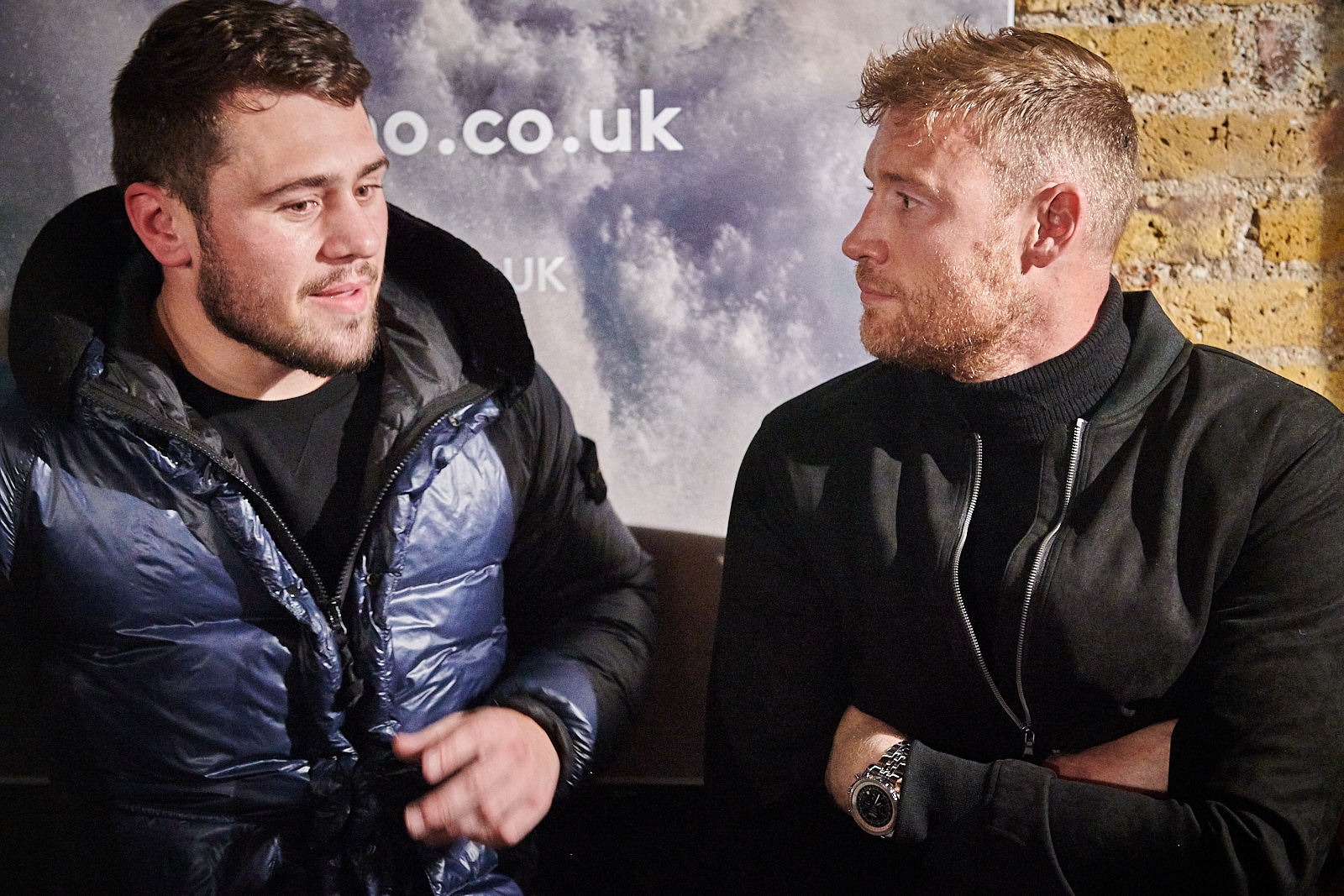
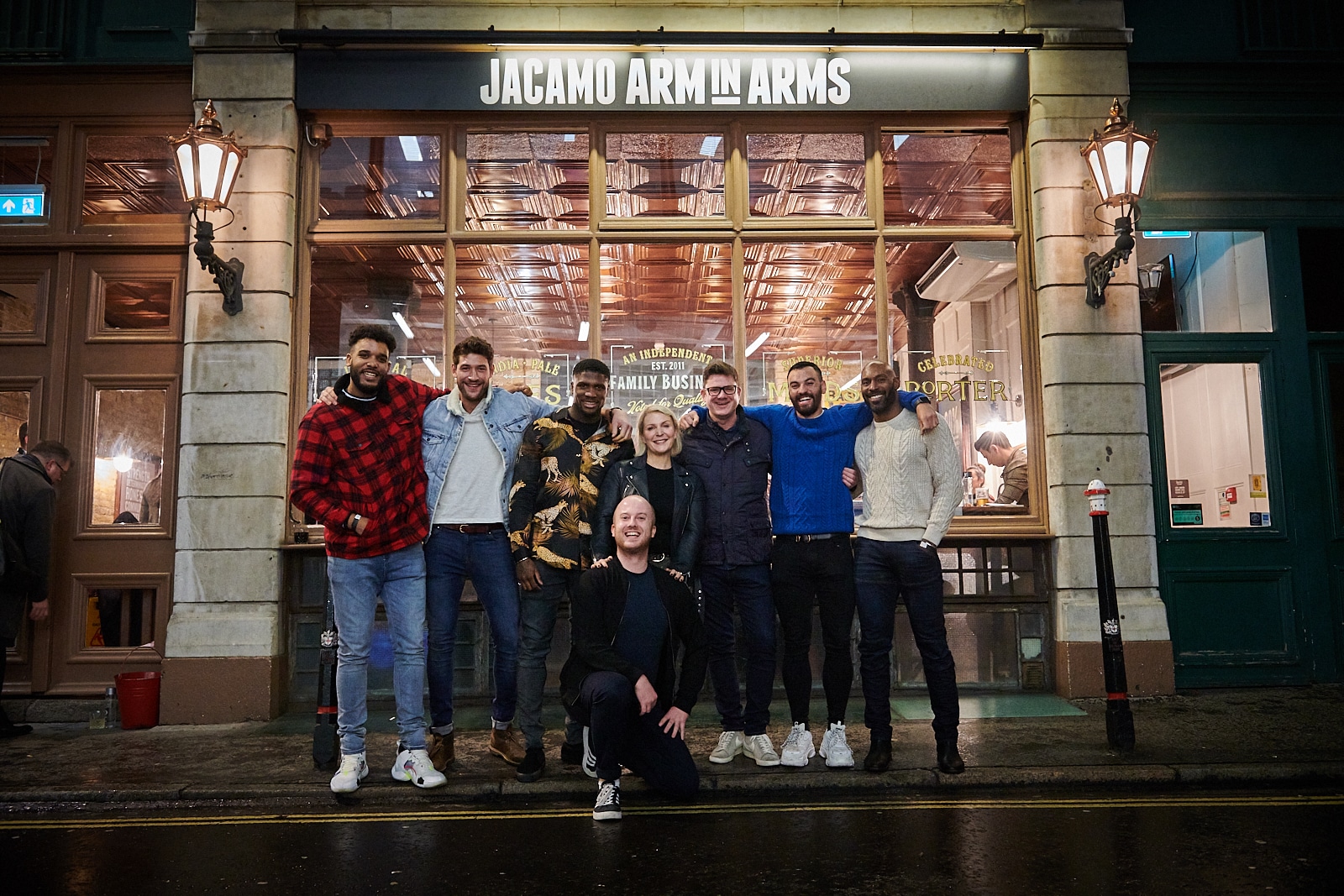
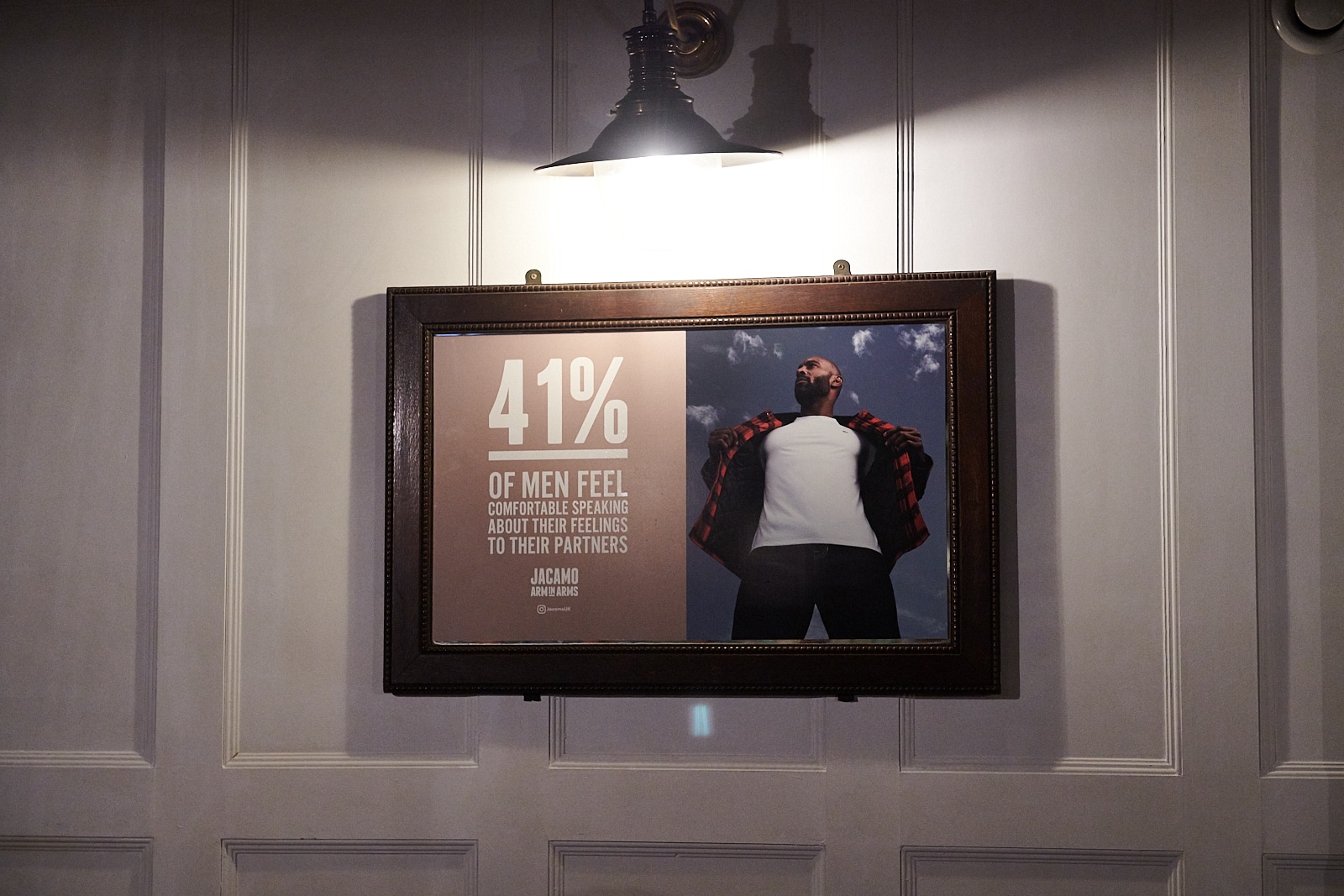
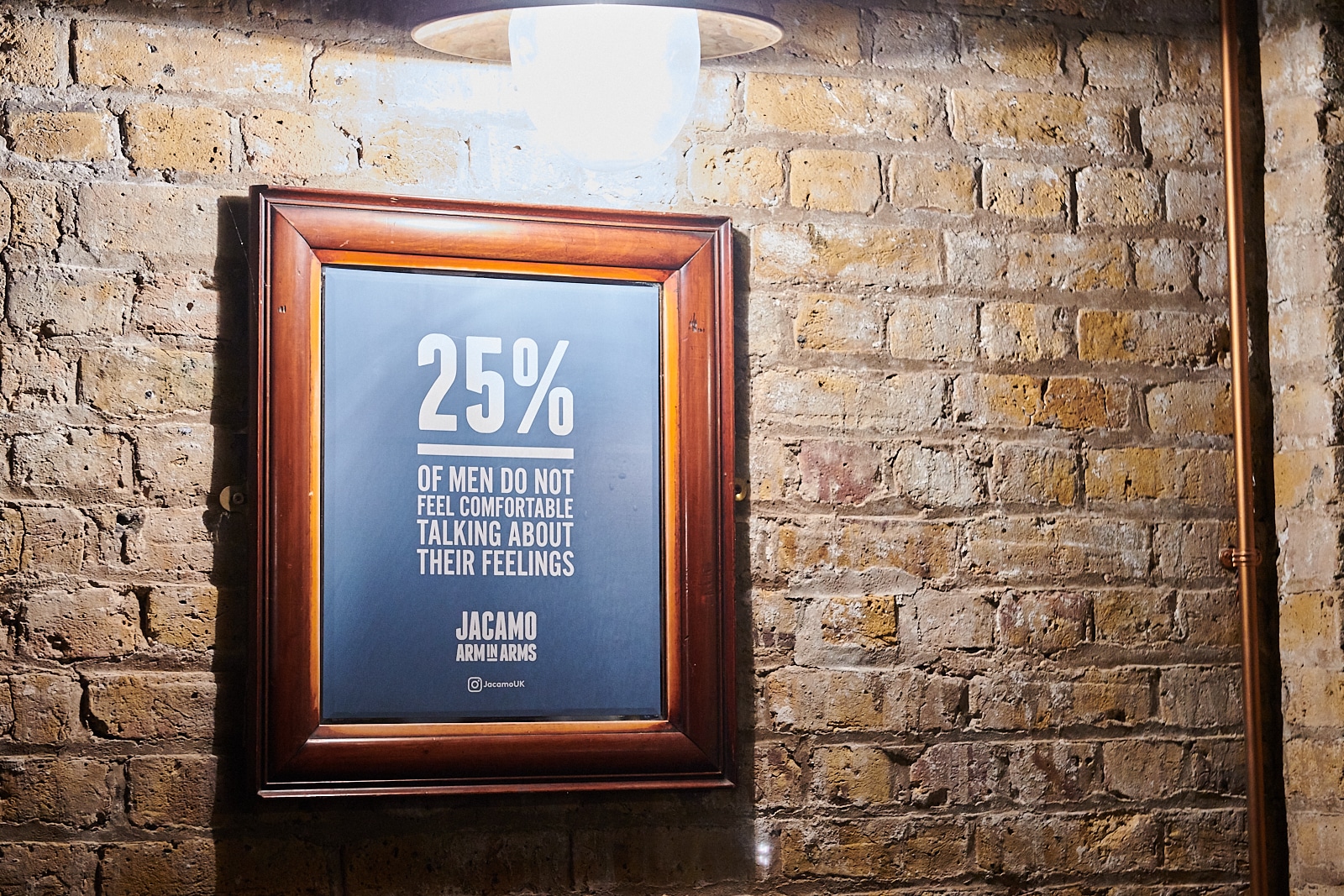
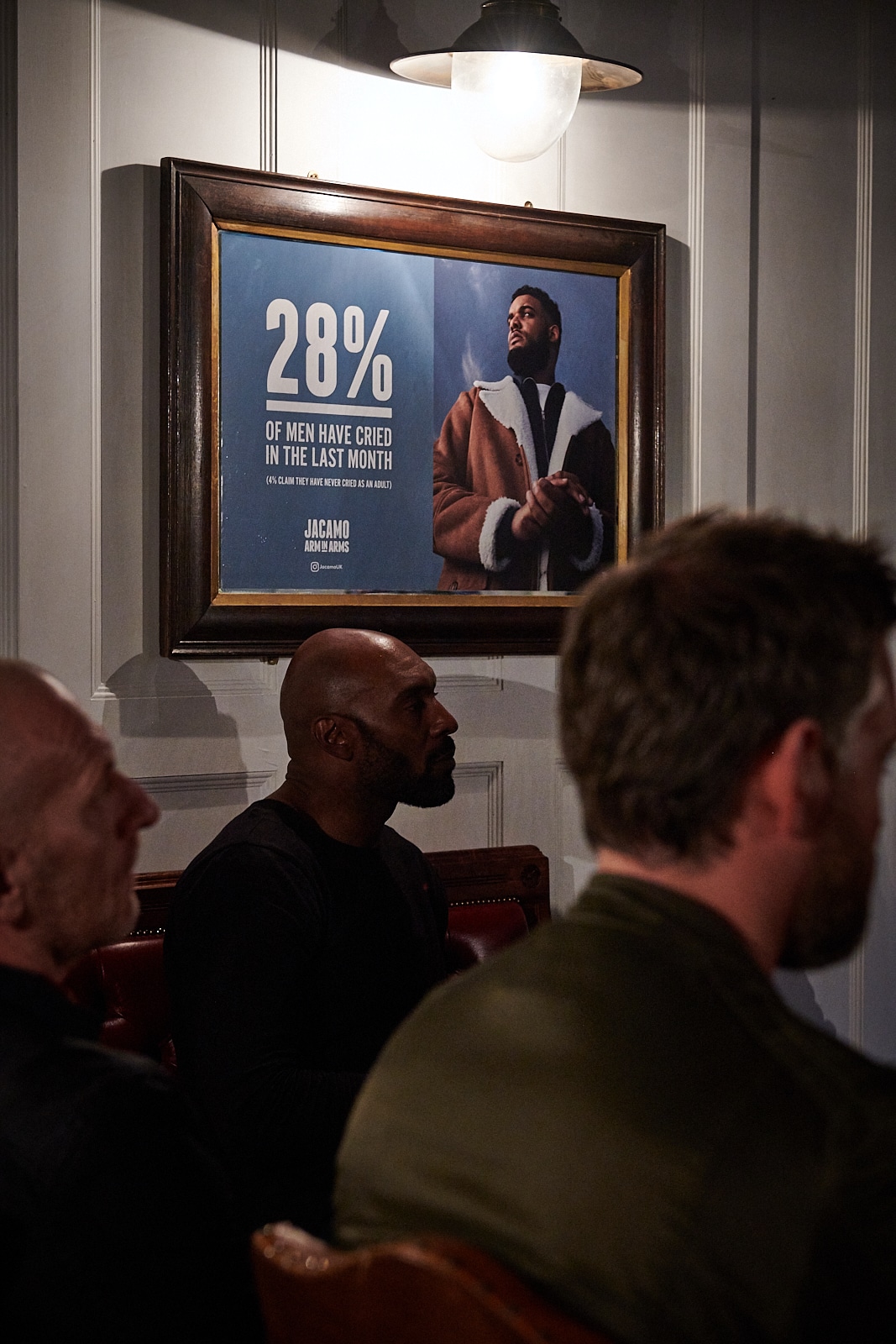
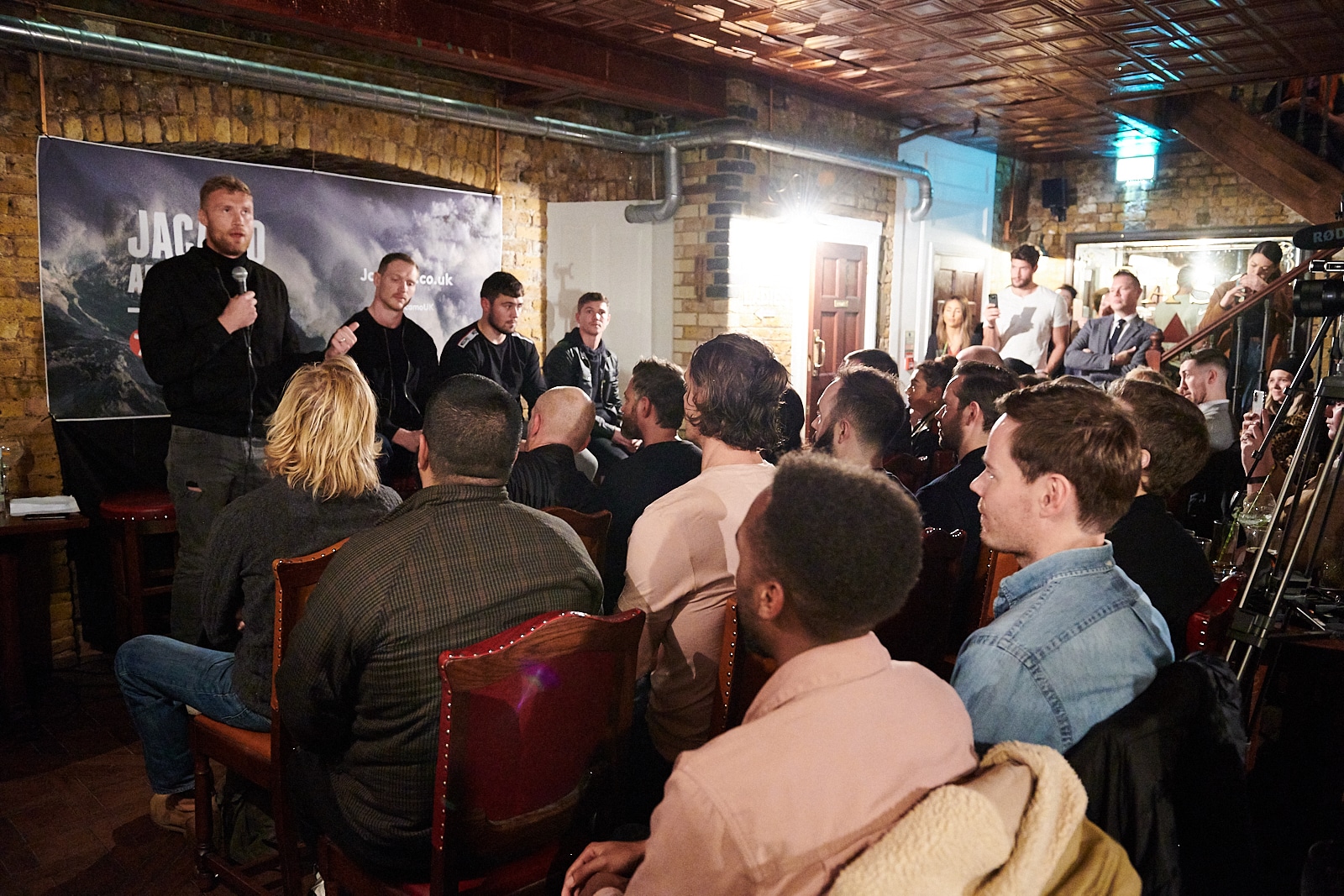
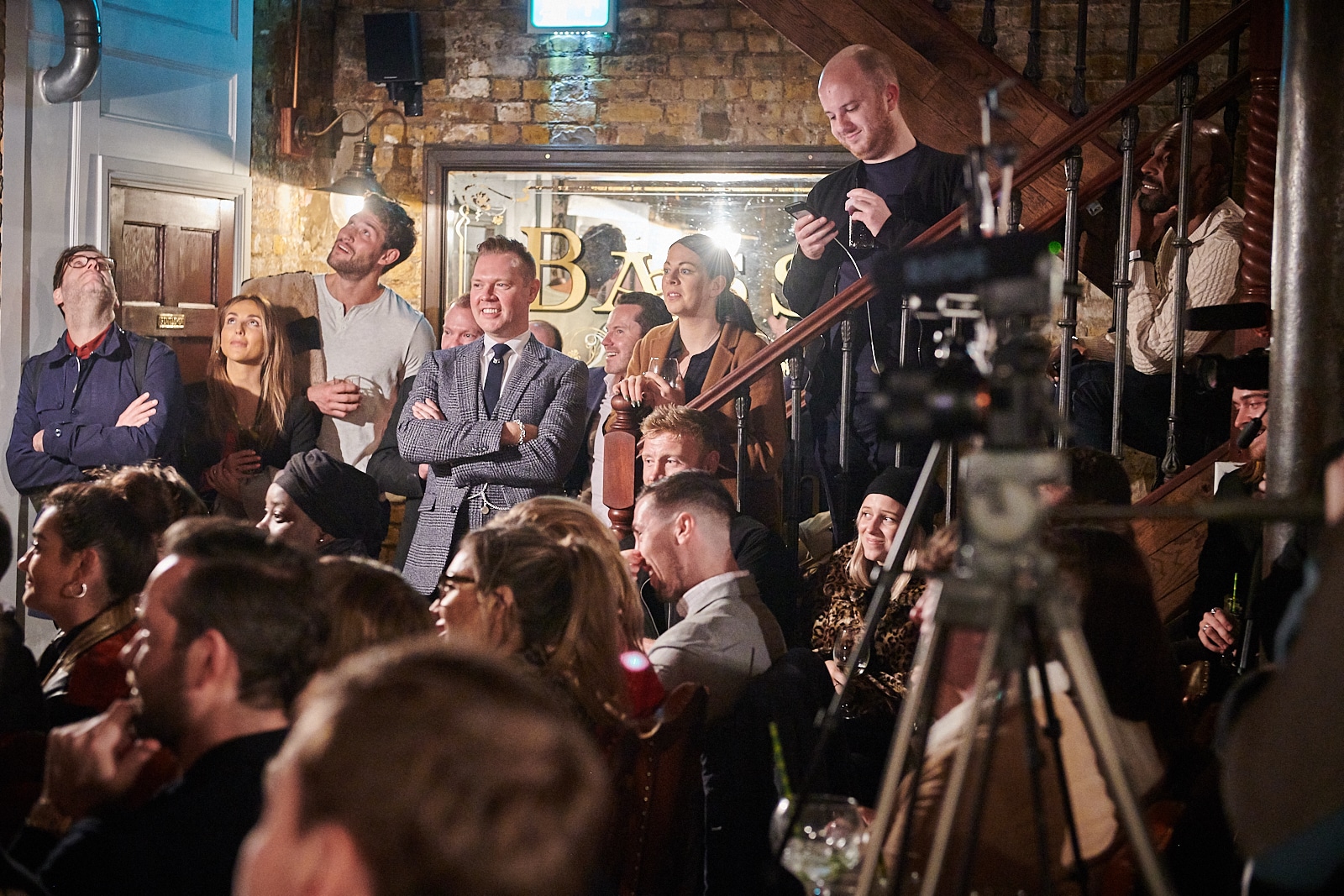
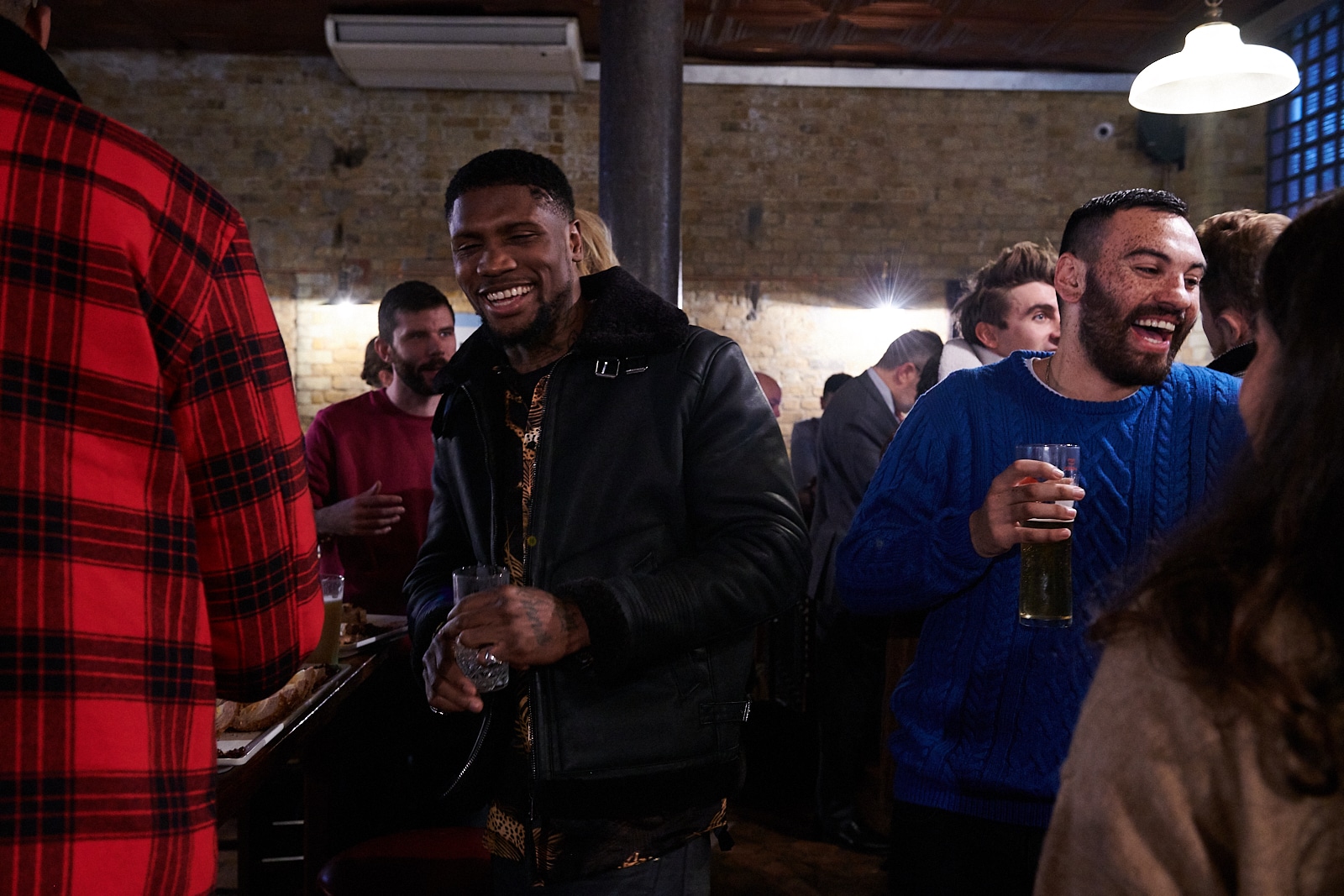
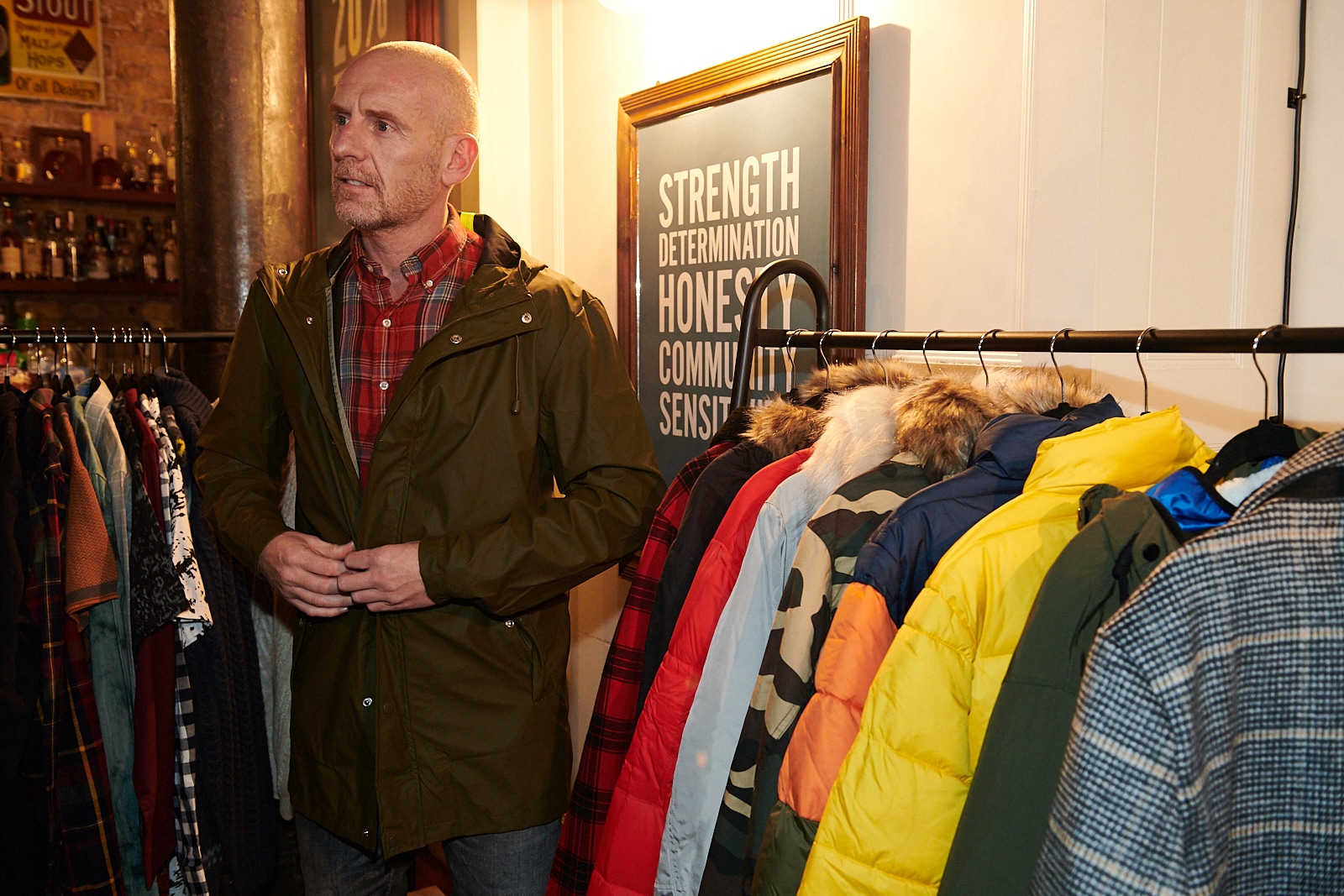
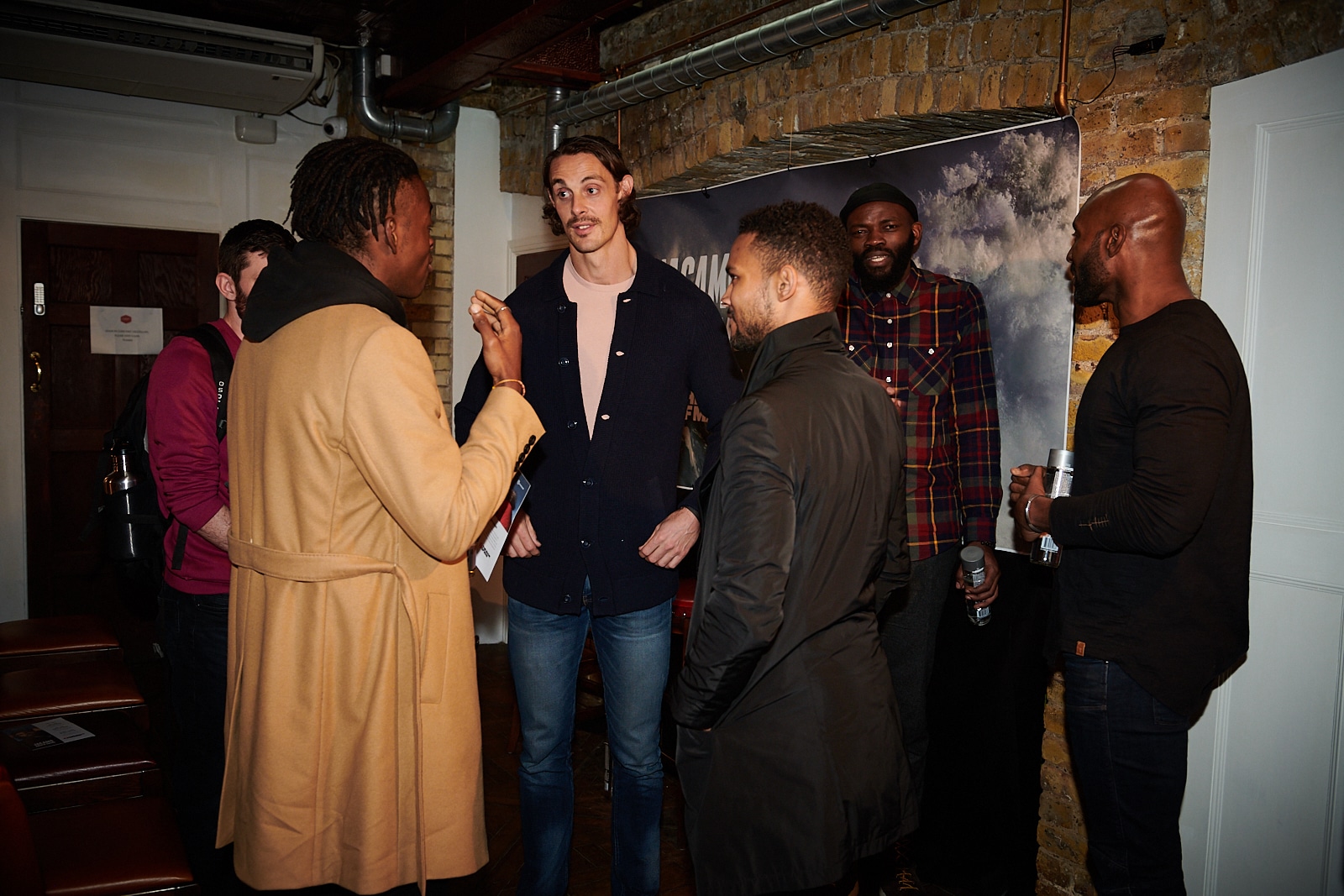
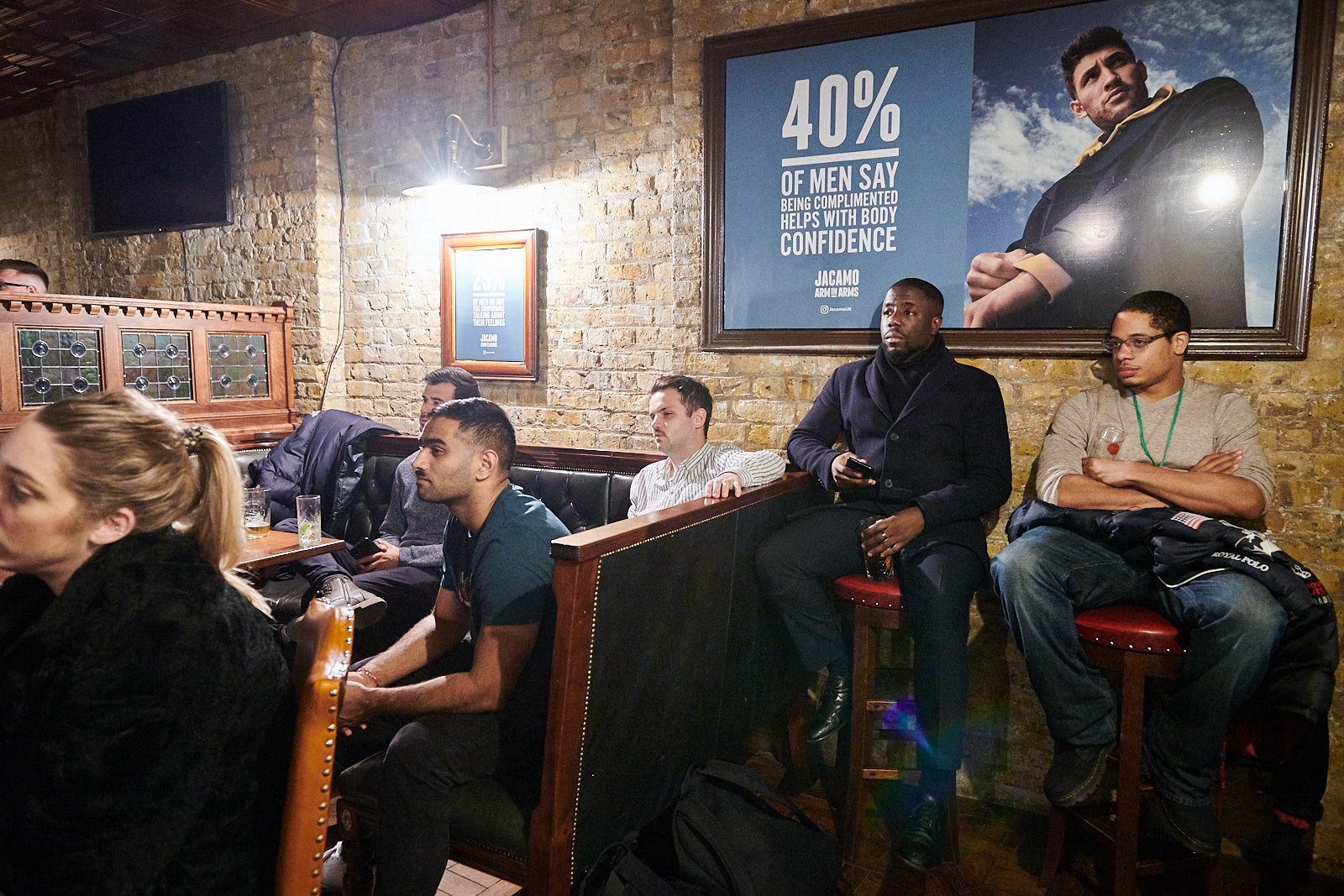
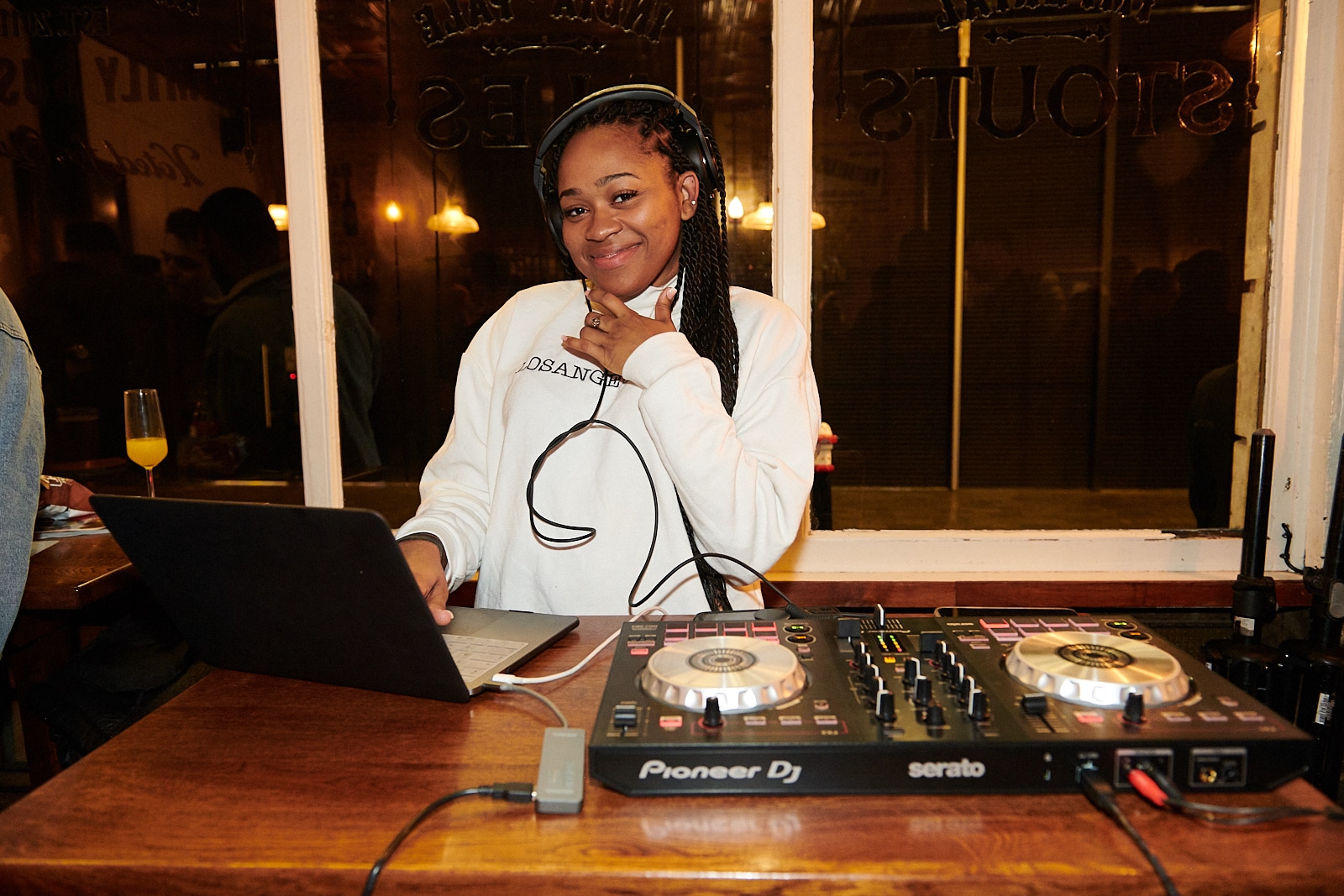
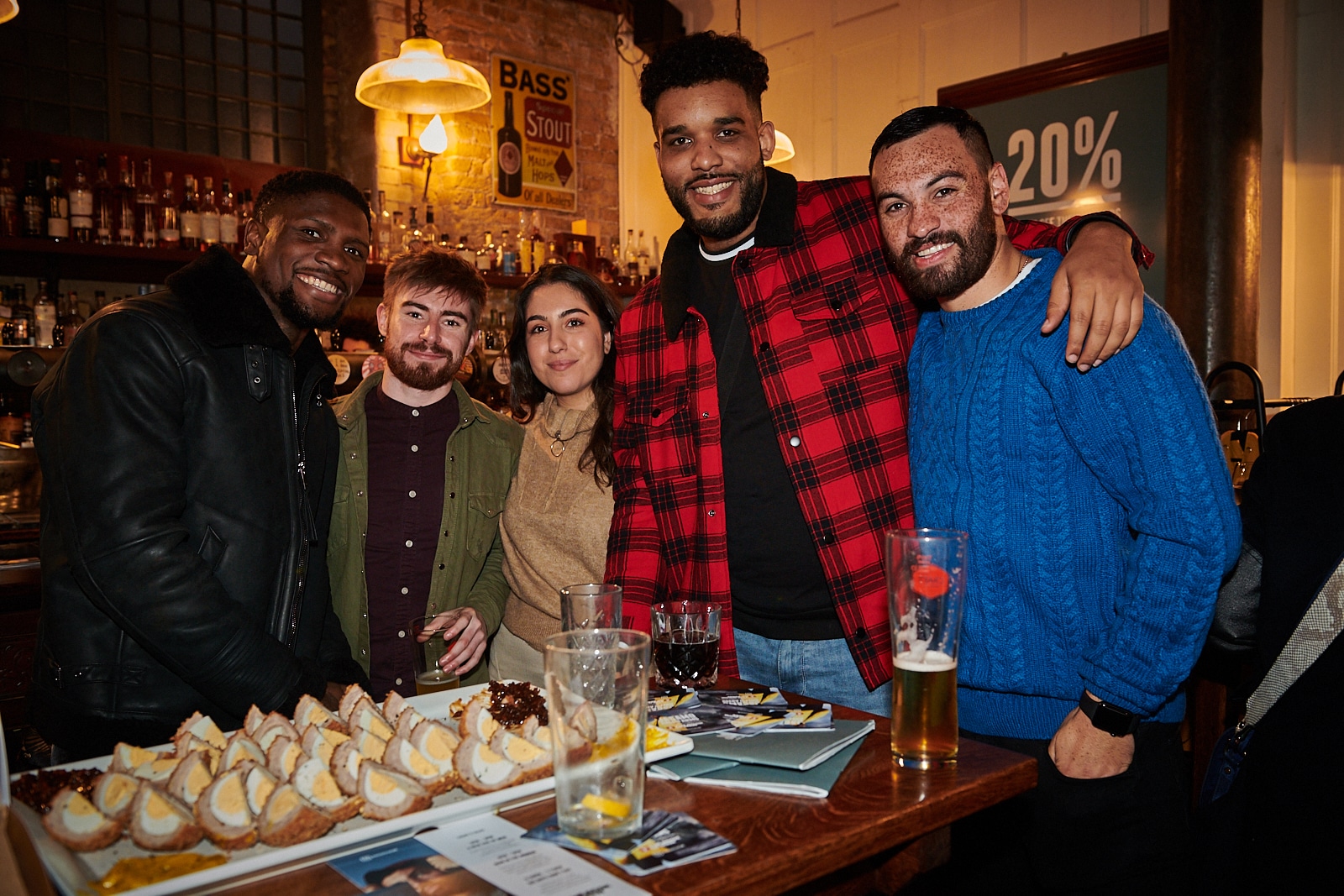
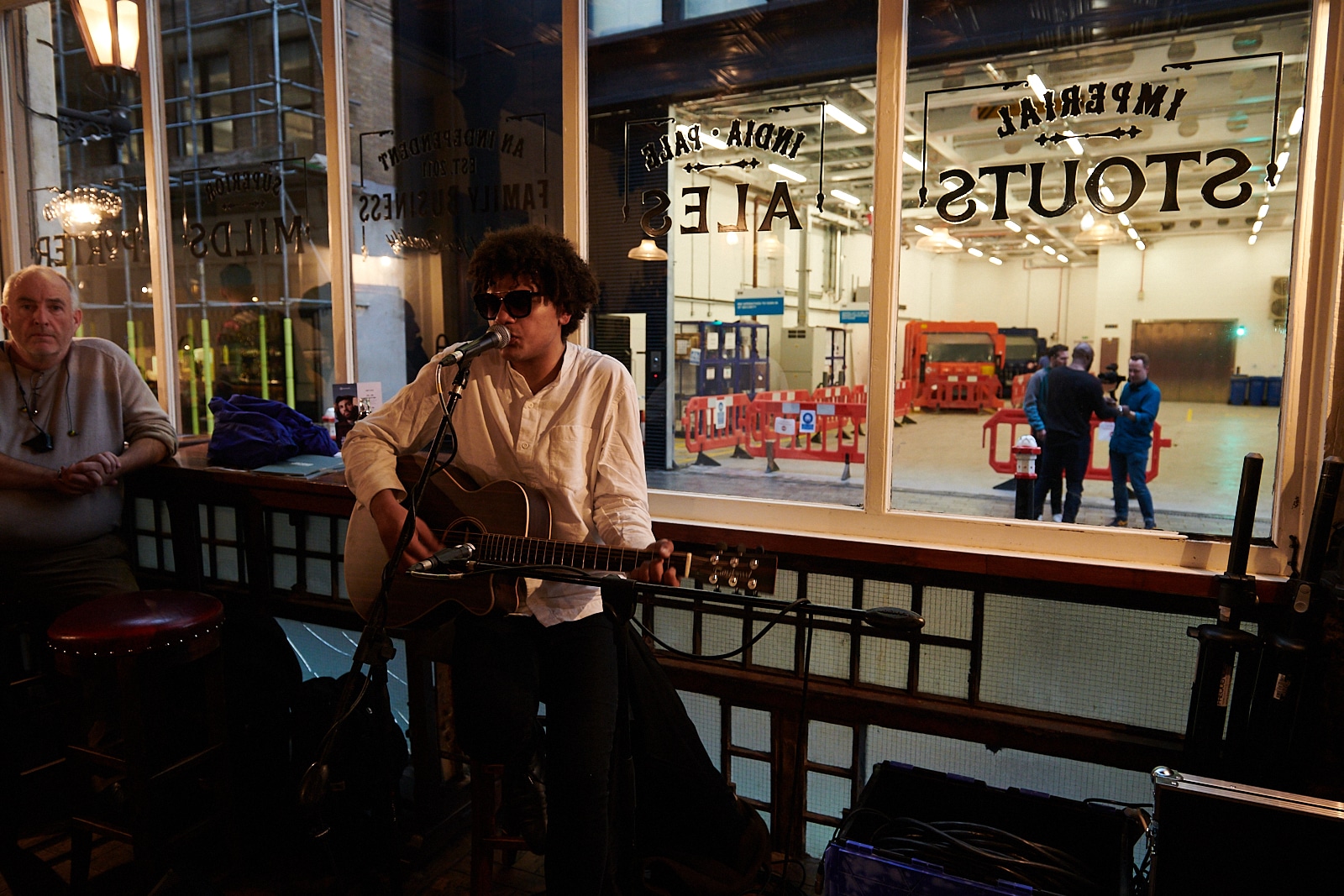
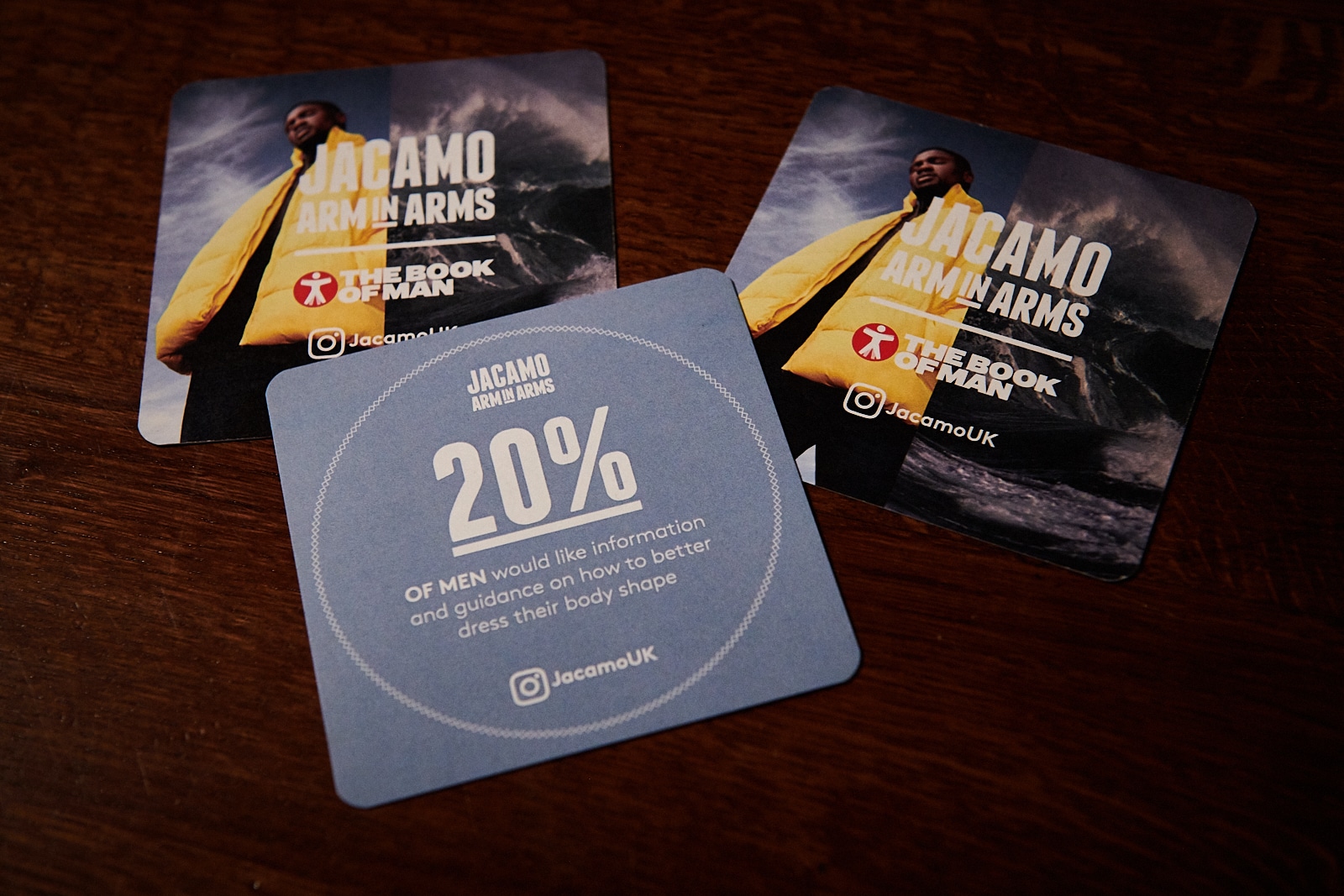
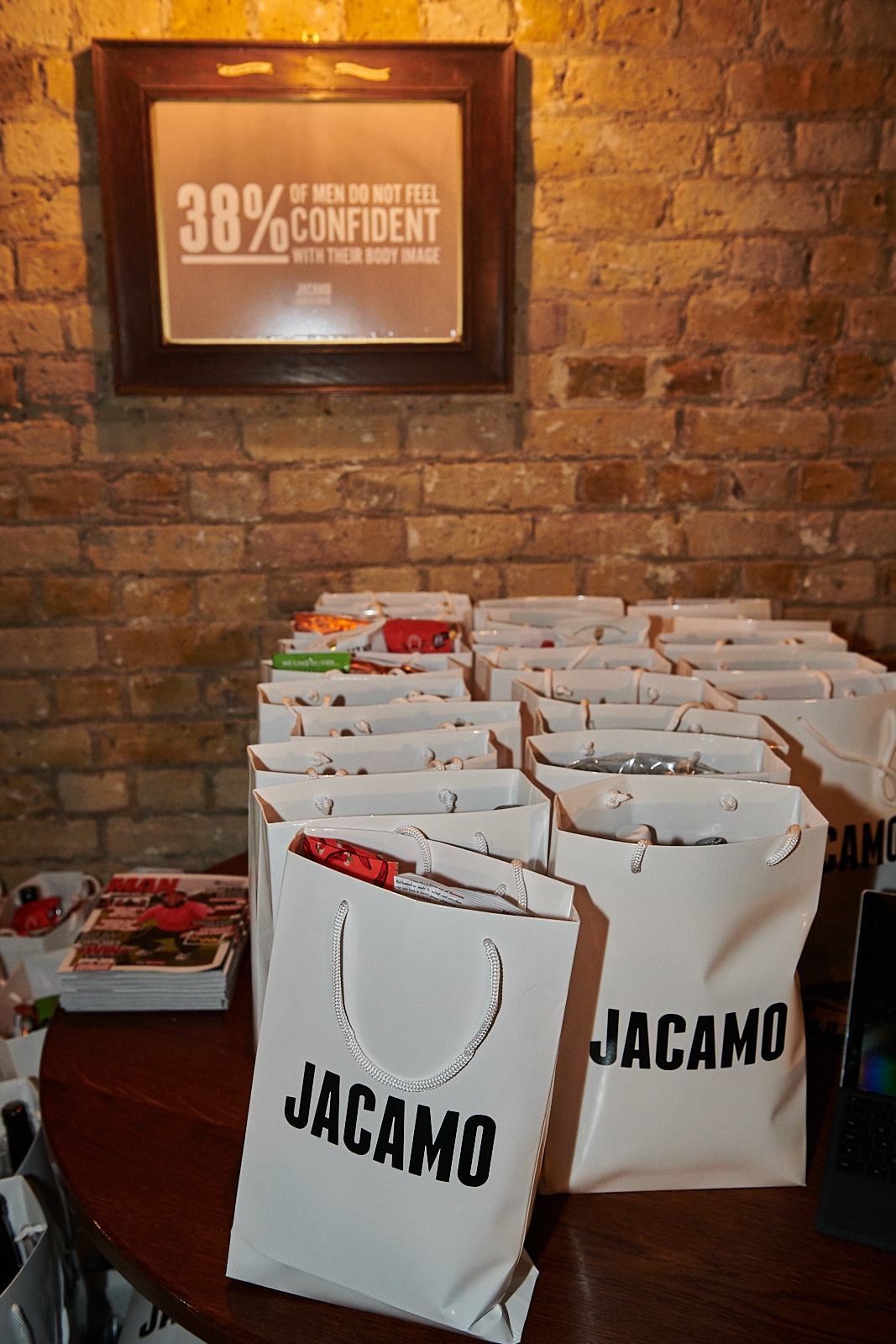
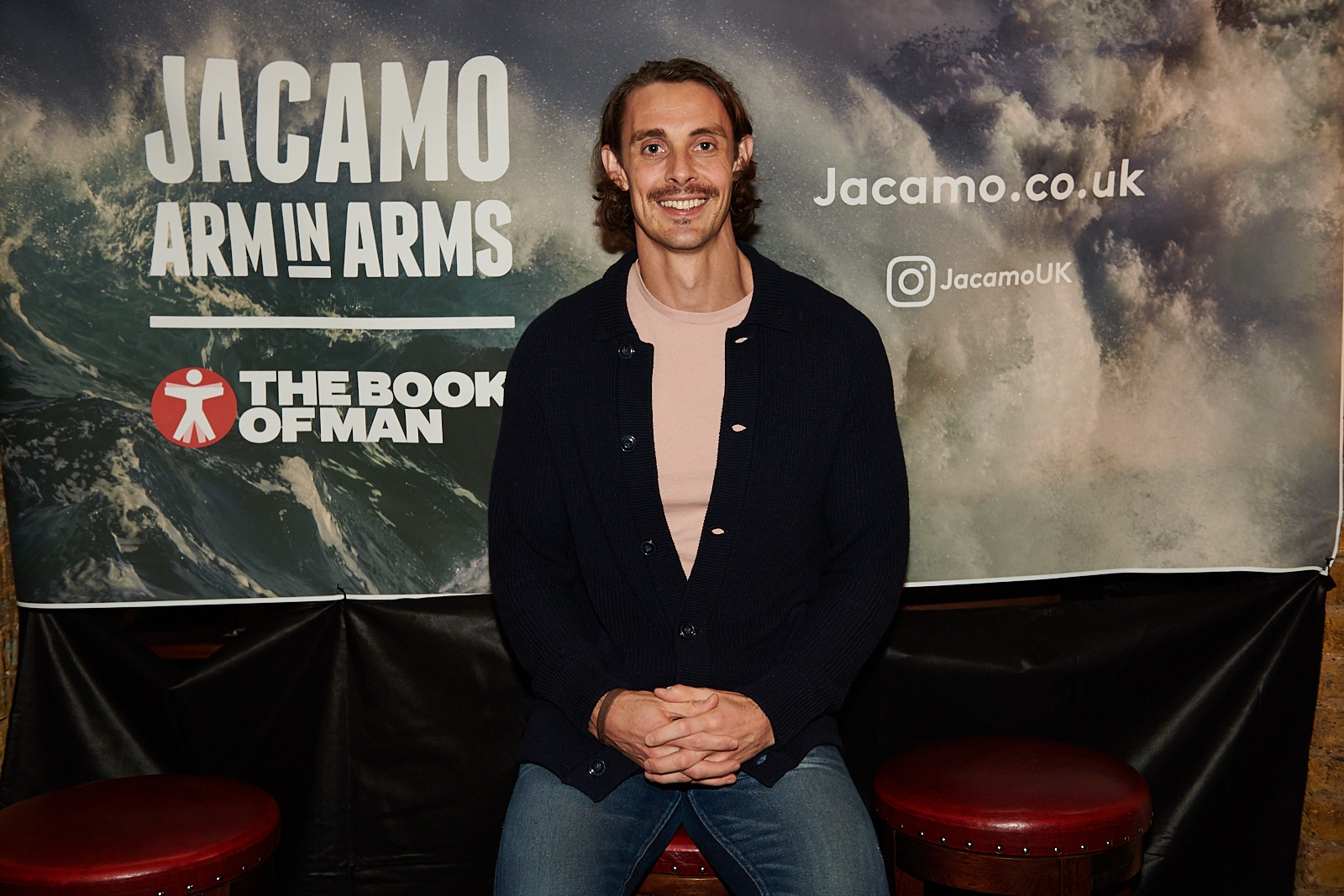
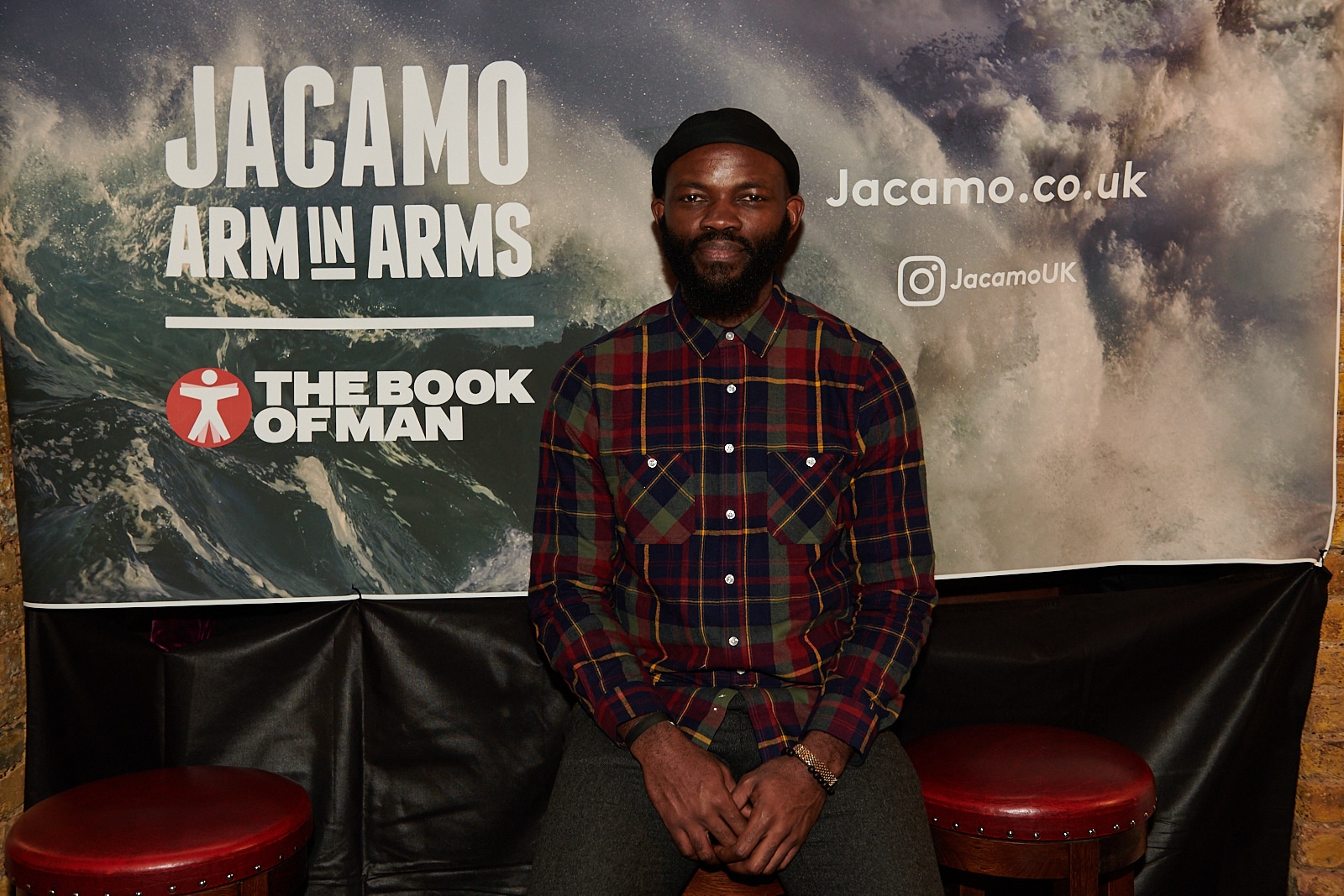
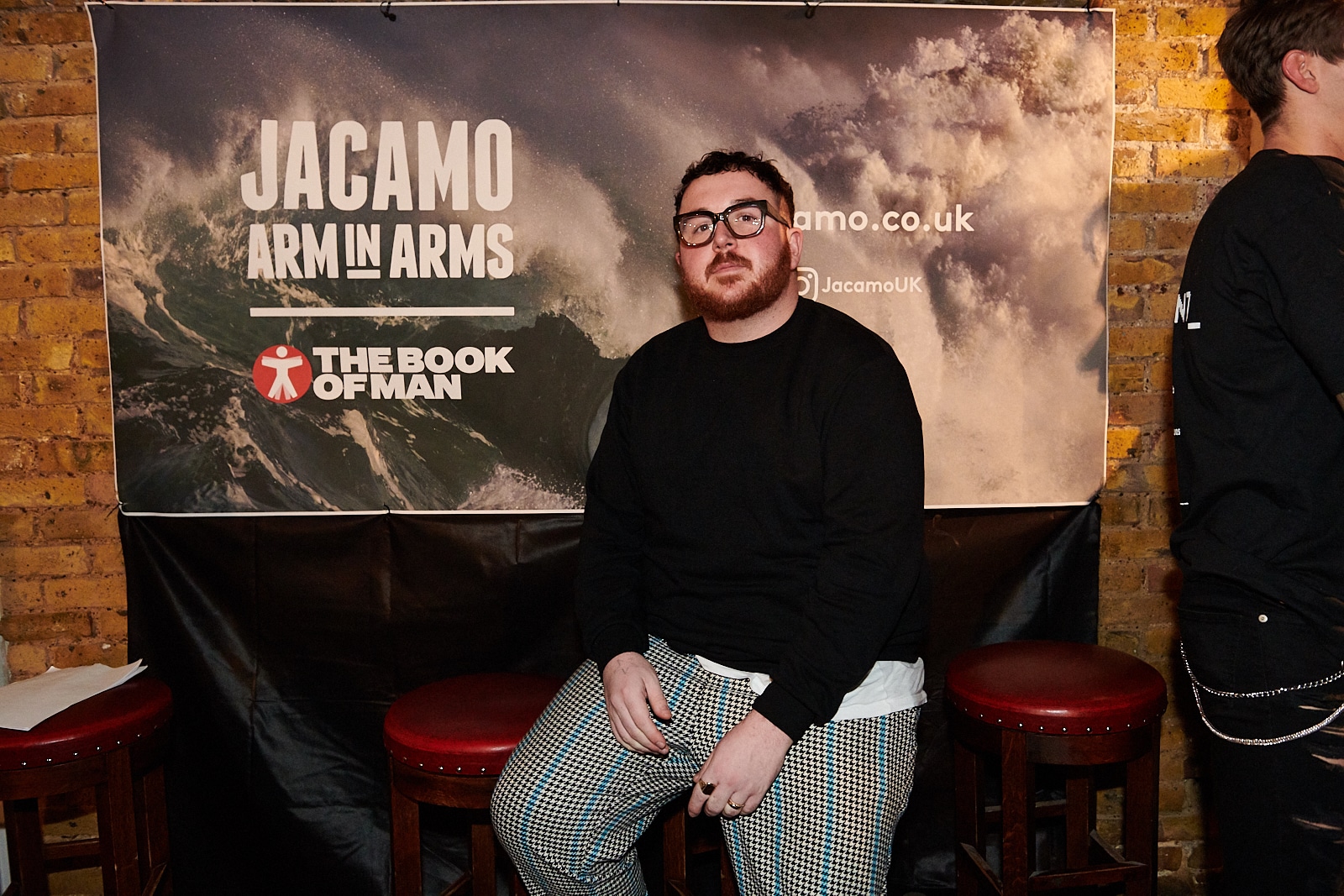
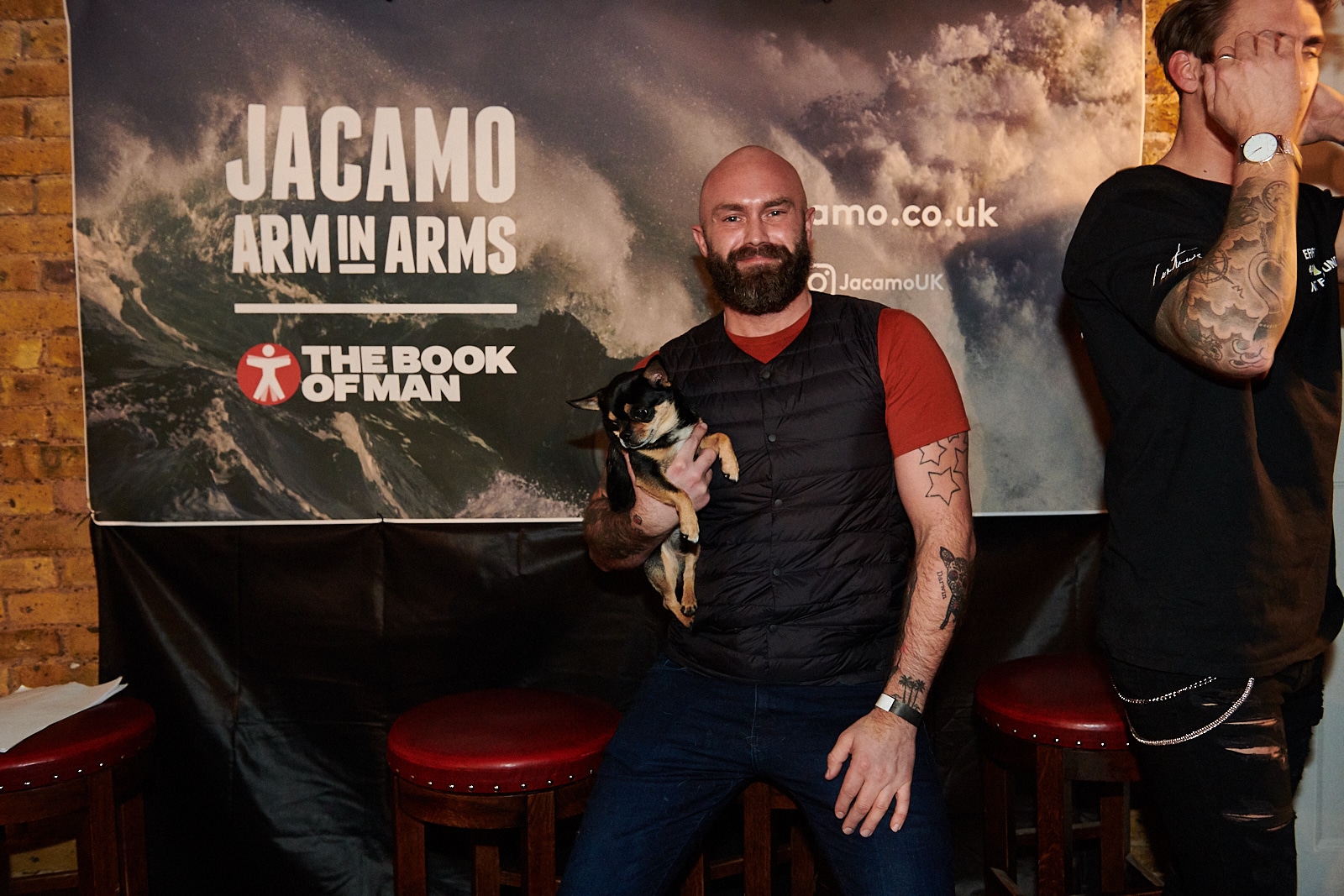
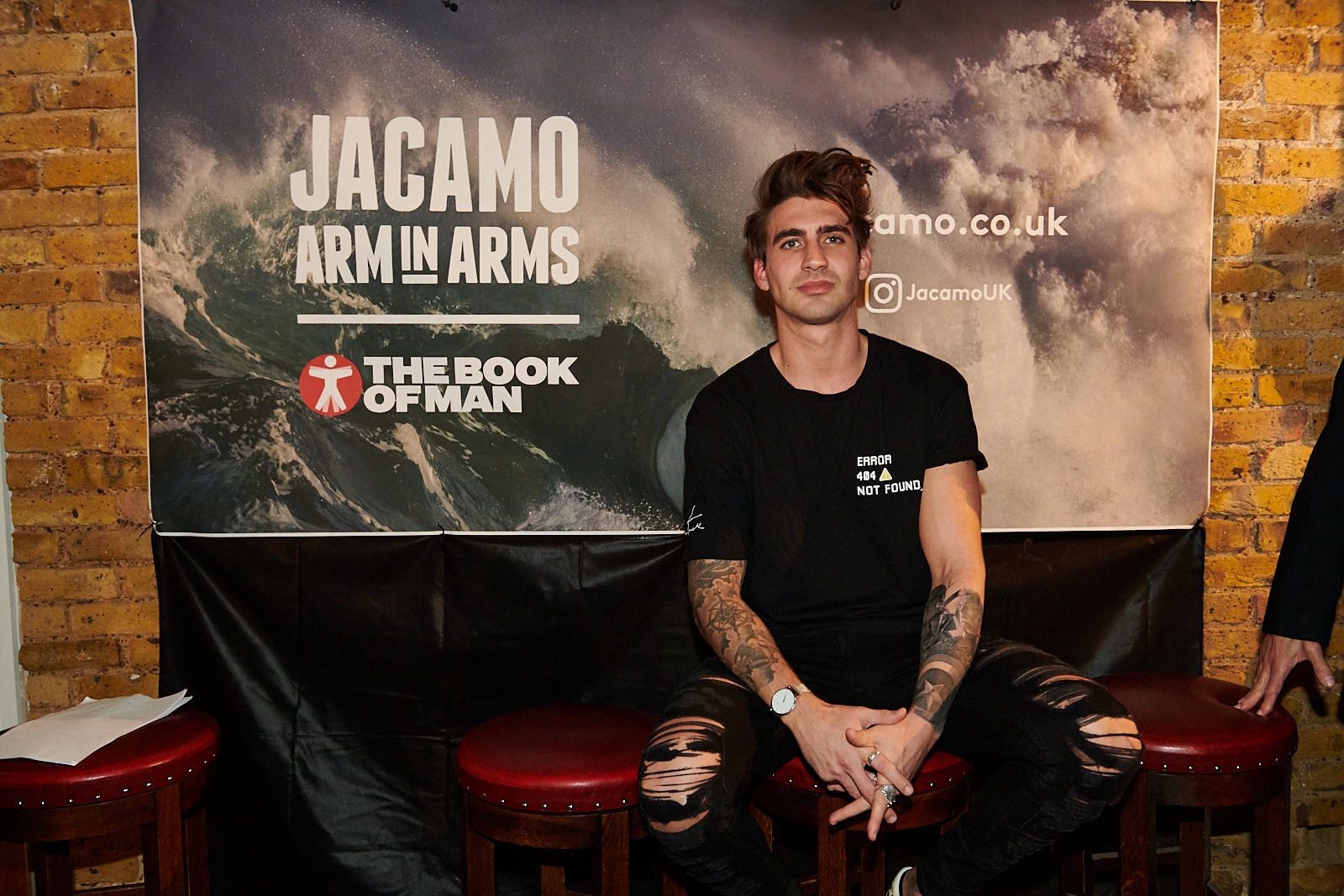
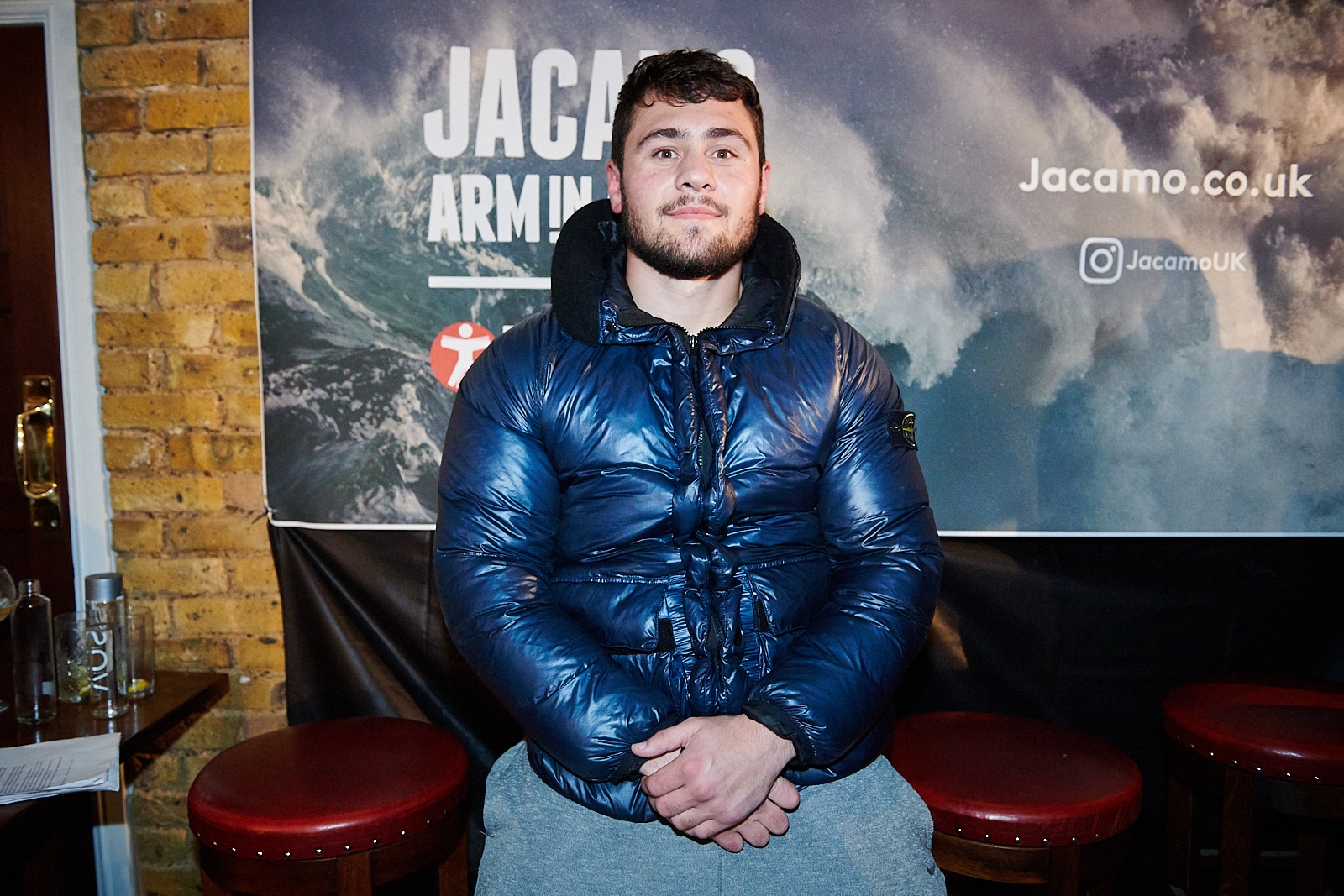
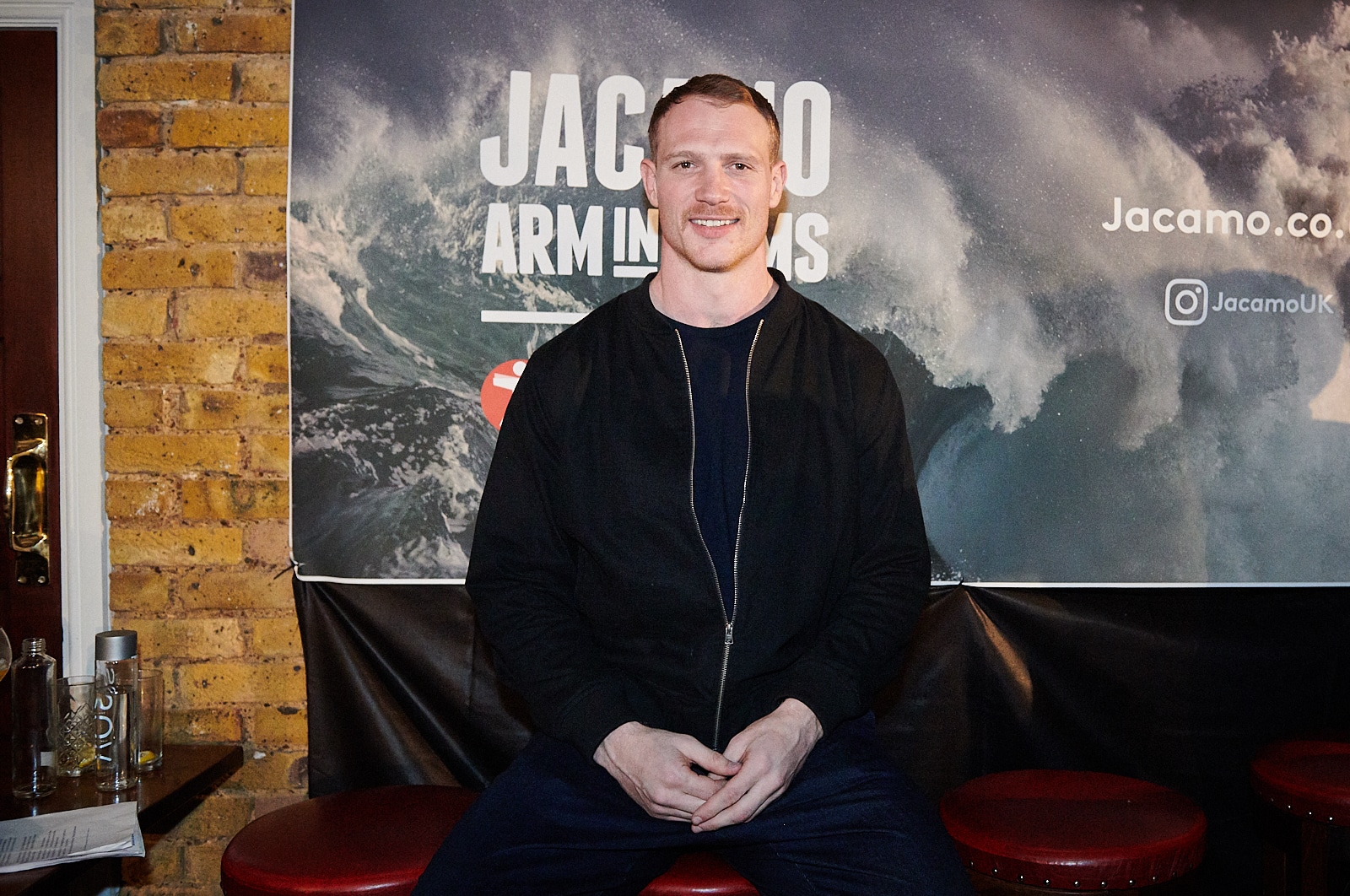
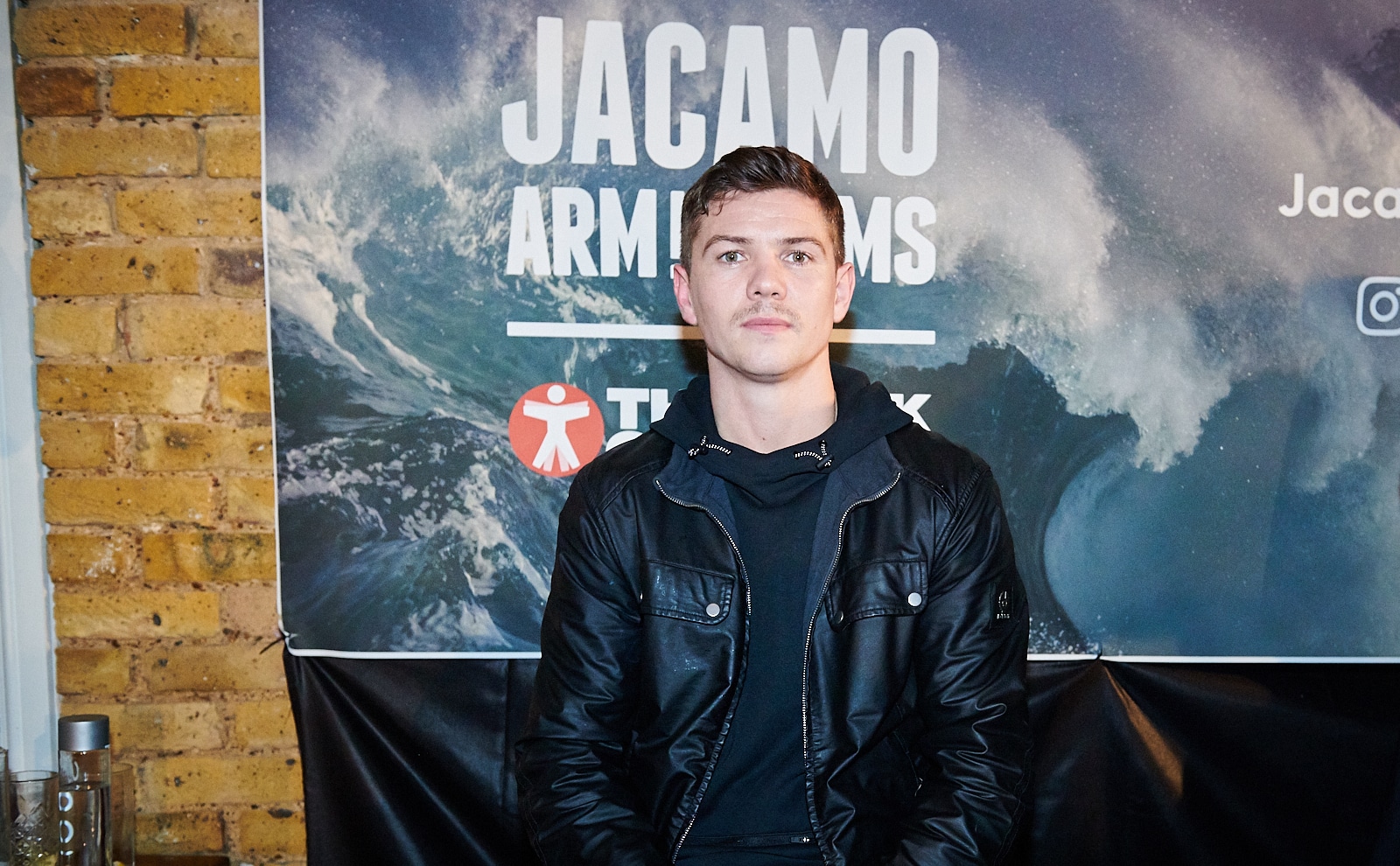
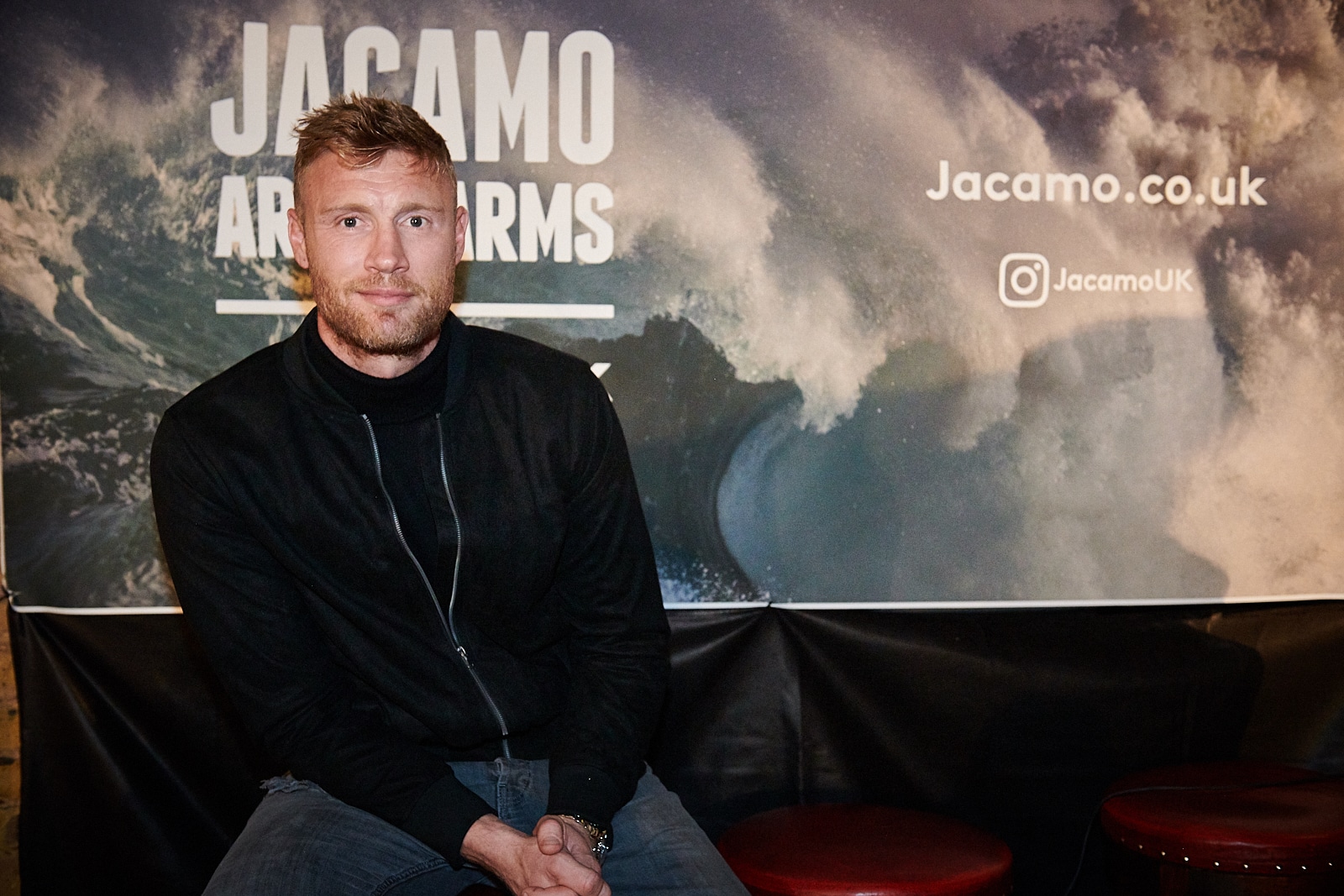

Join The Book of Man
Sign up to our daily newsletters for the latest on our events and the best reads from the frontline of modern masculinity.
Trending

Join The Book of Man
Sign up to our daily newsletters to join the frontline of the revolution in masculinity.




